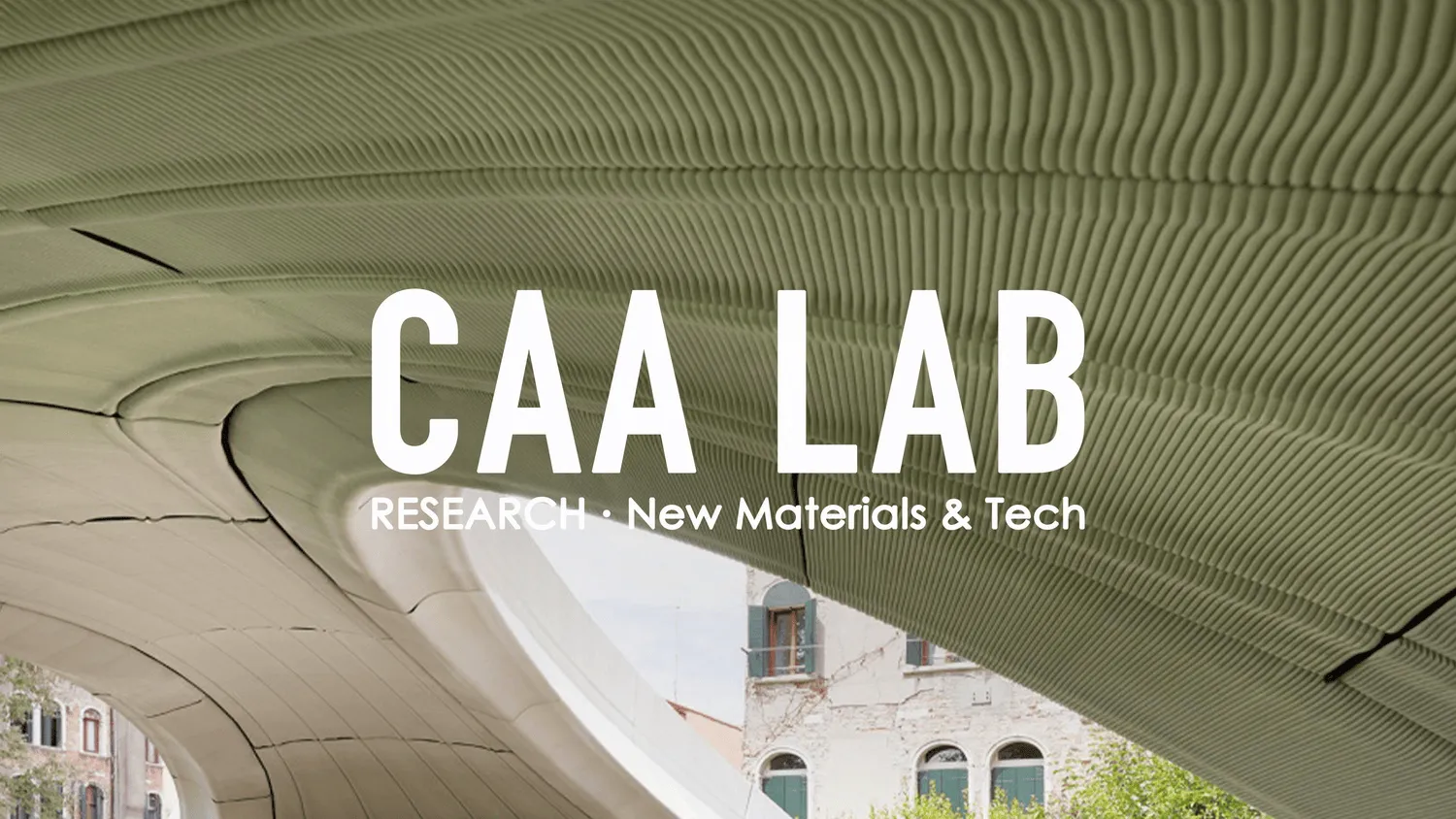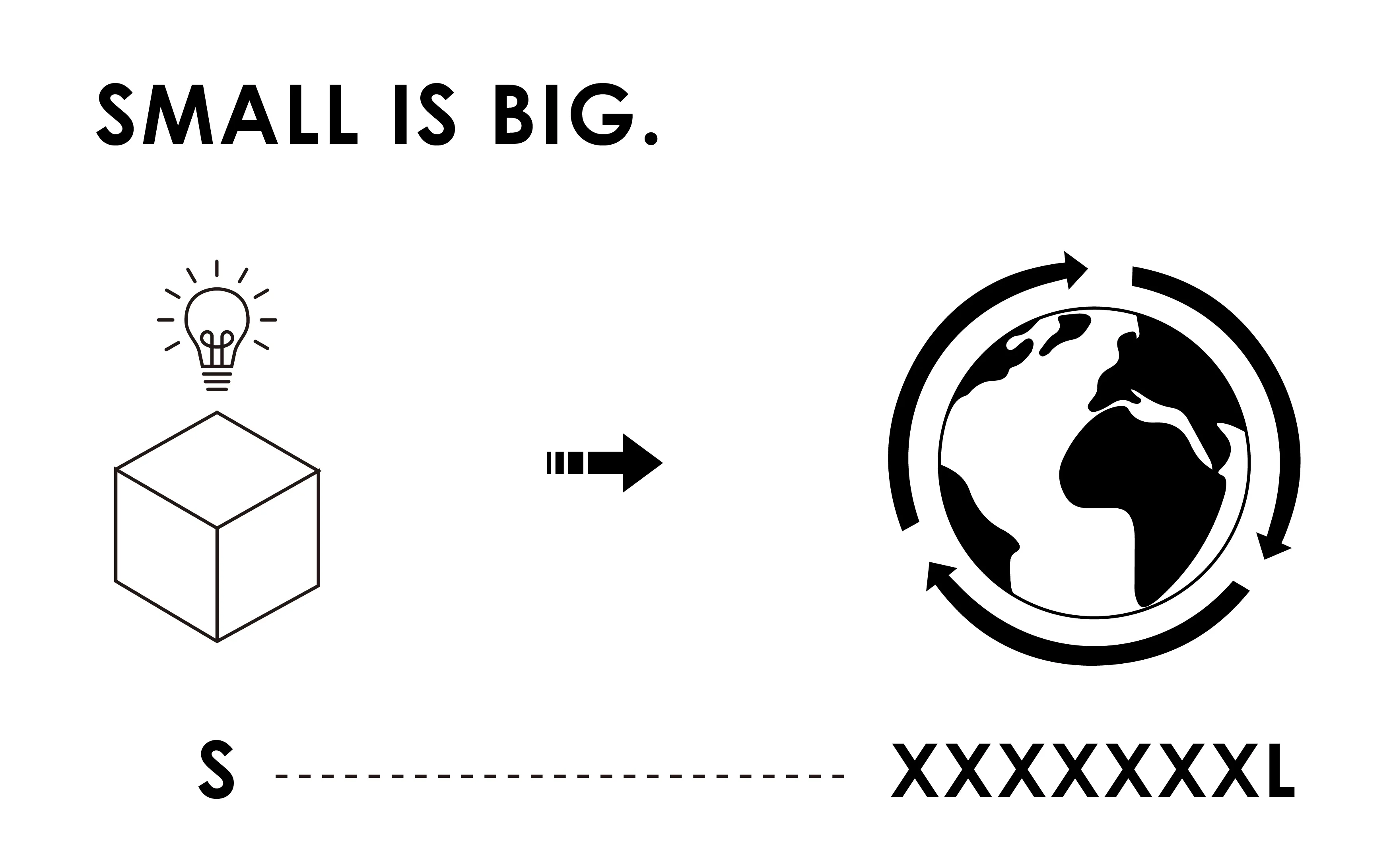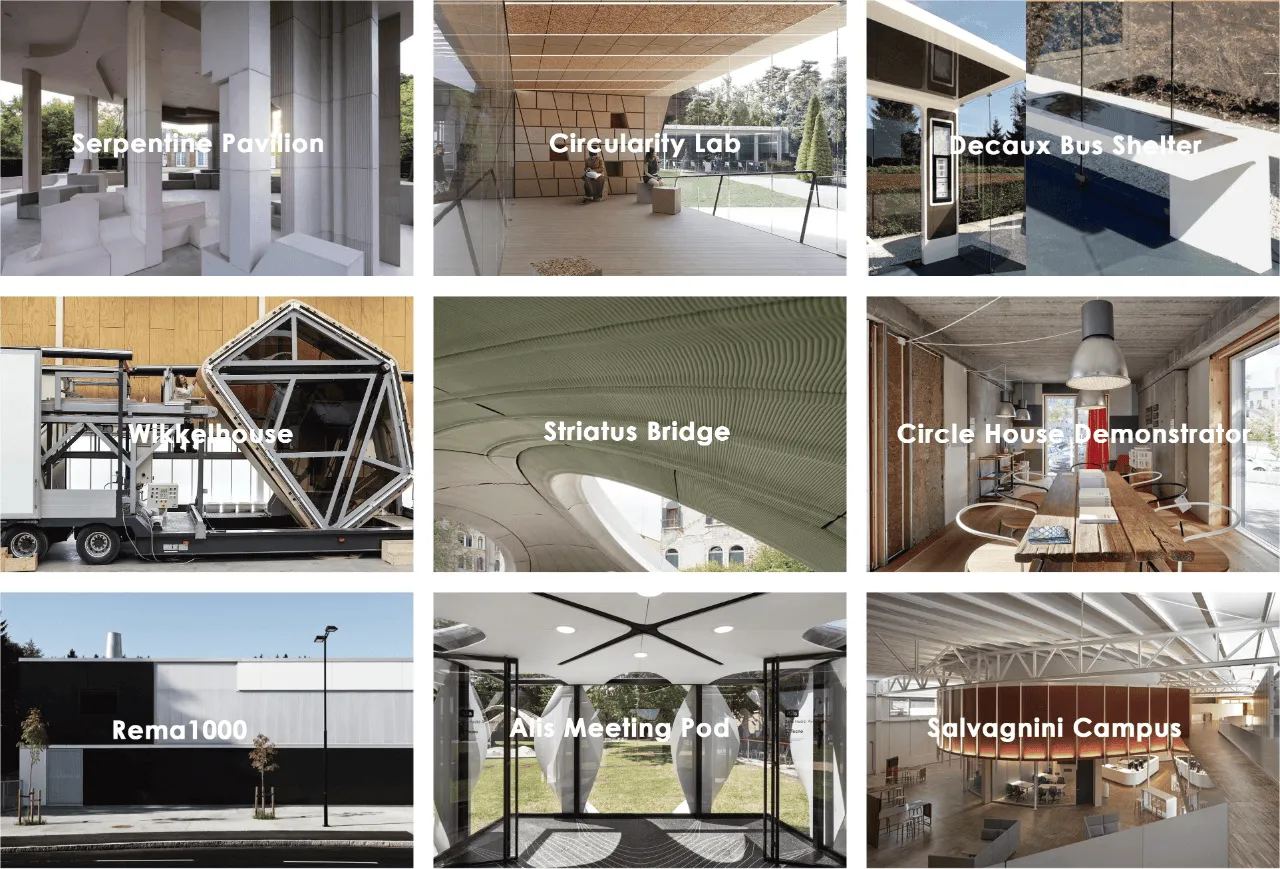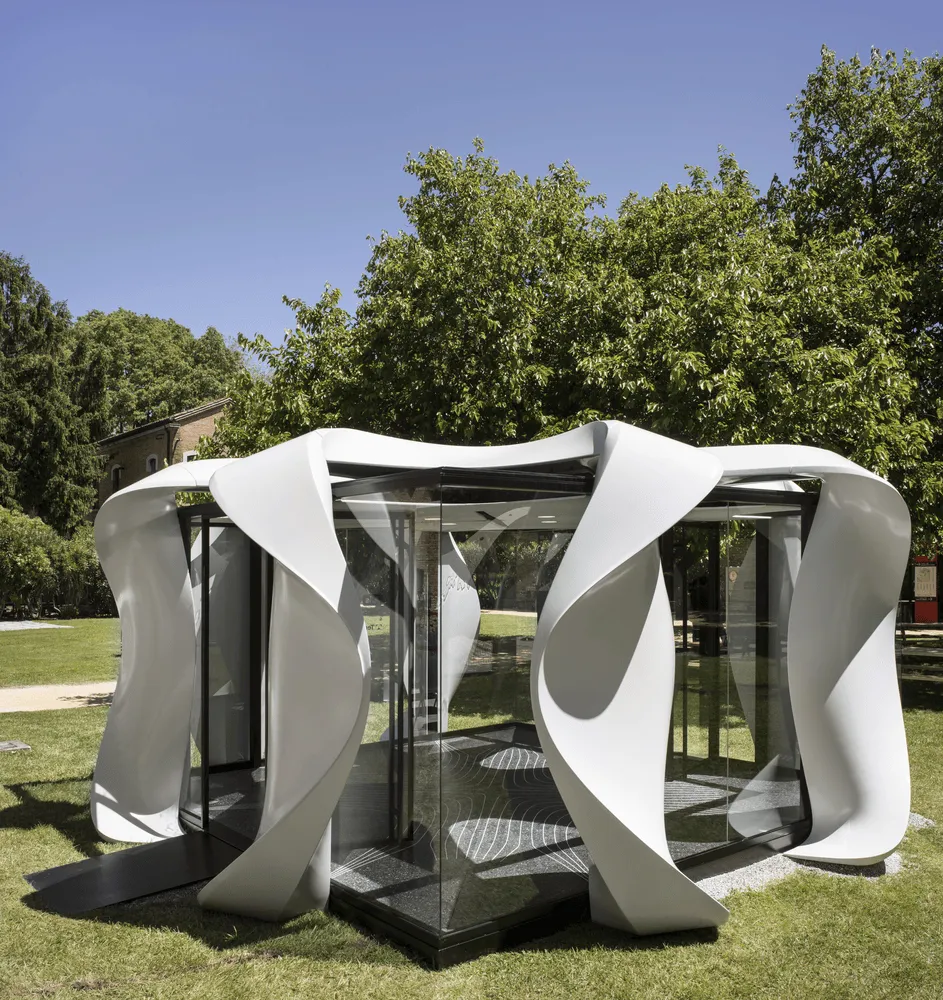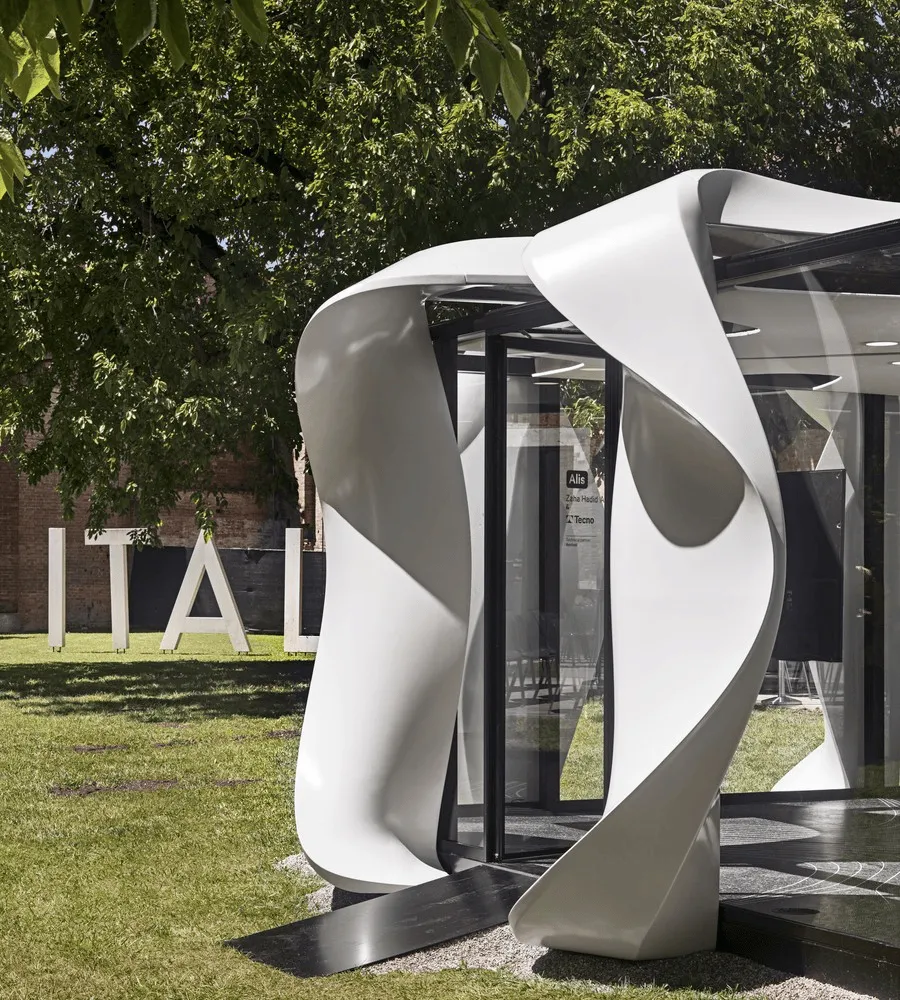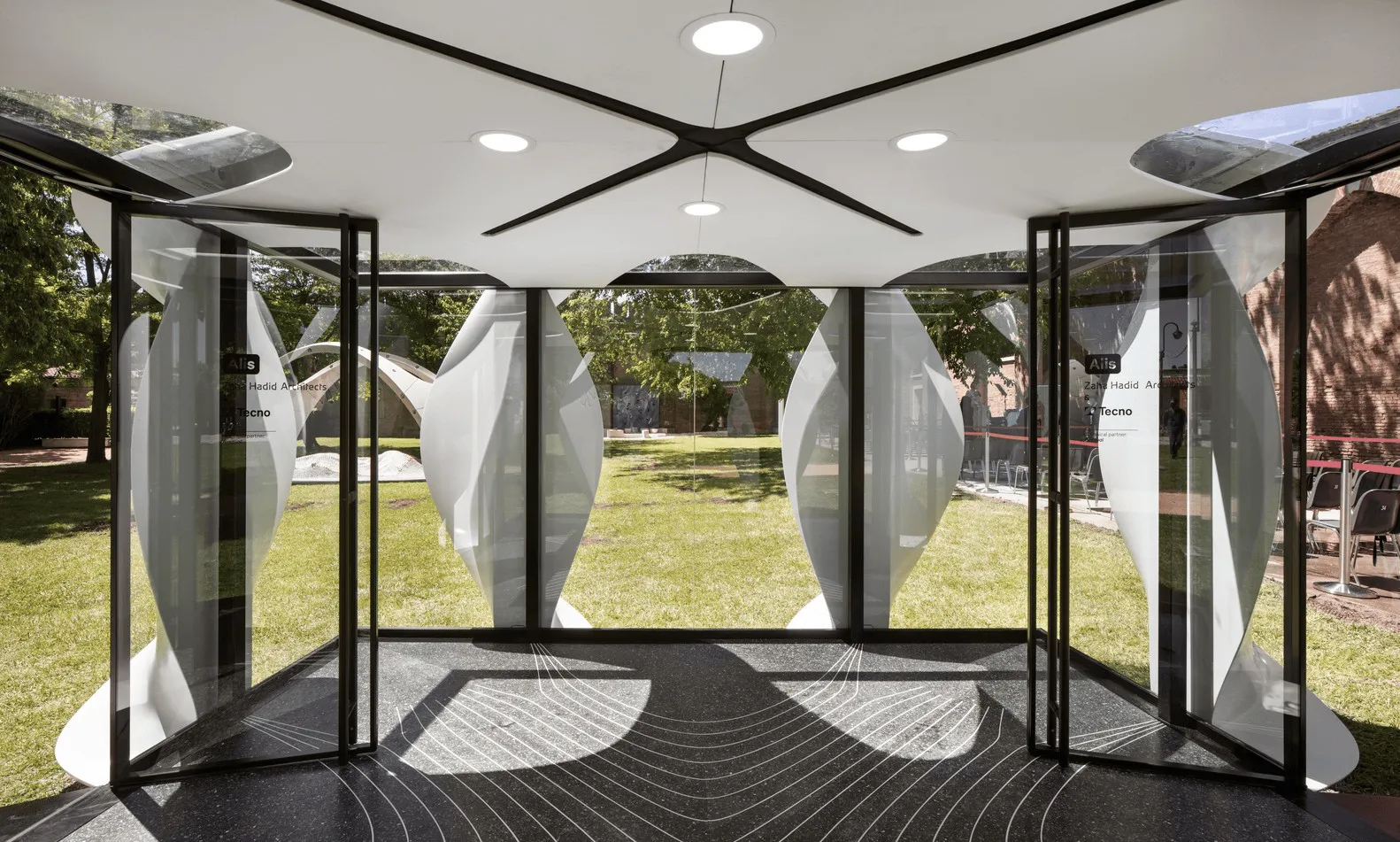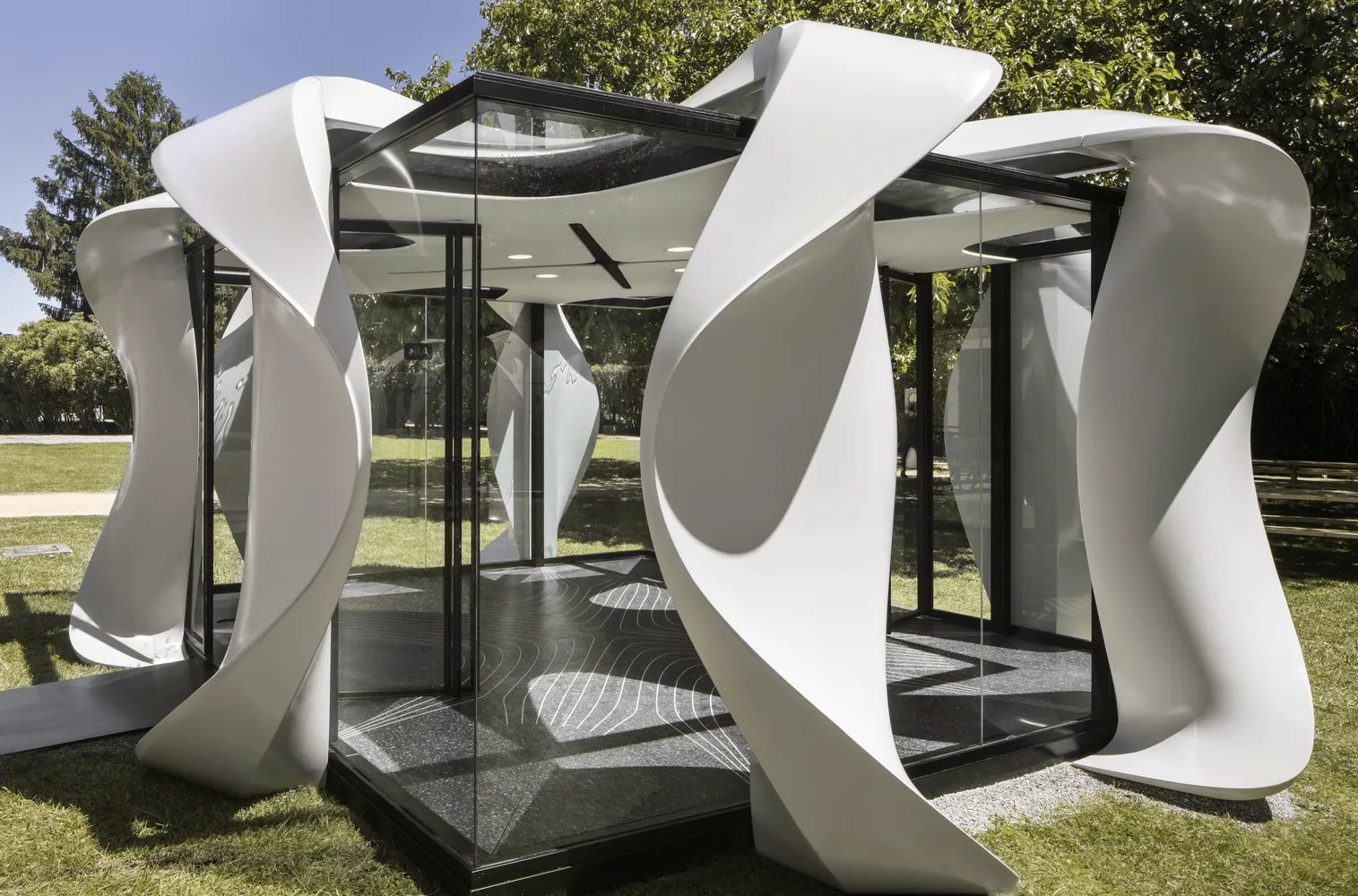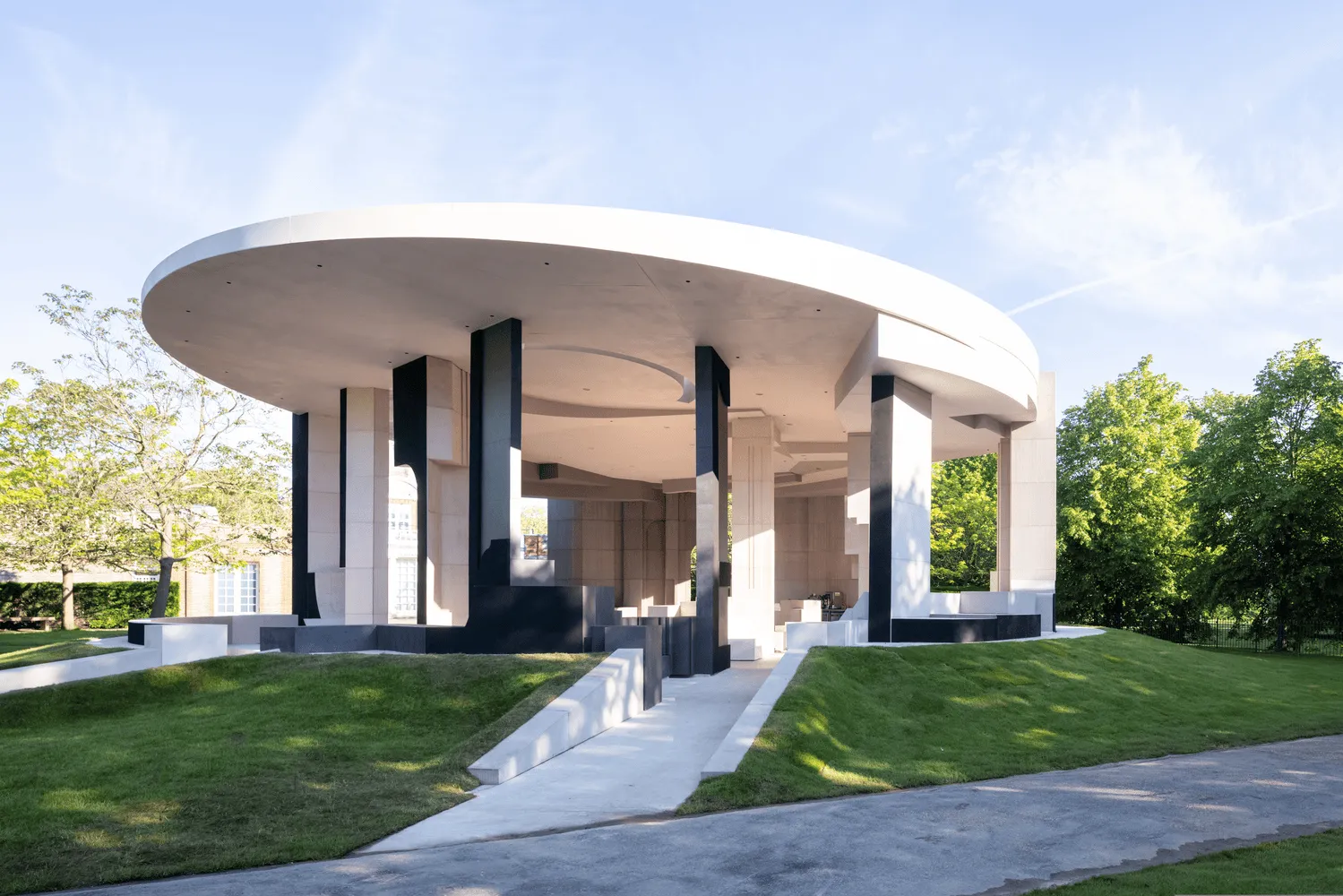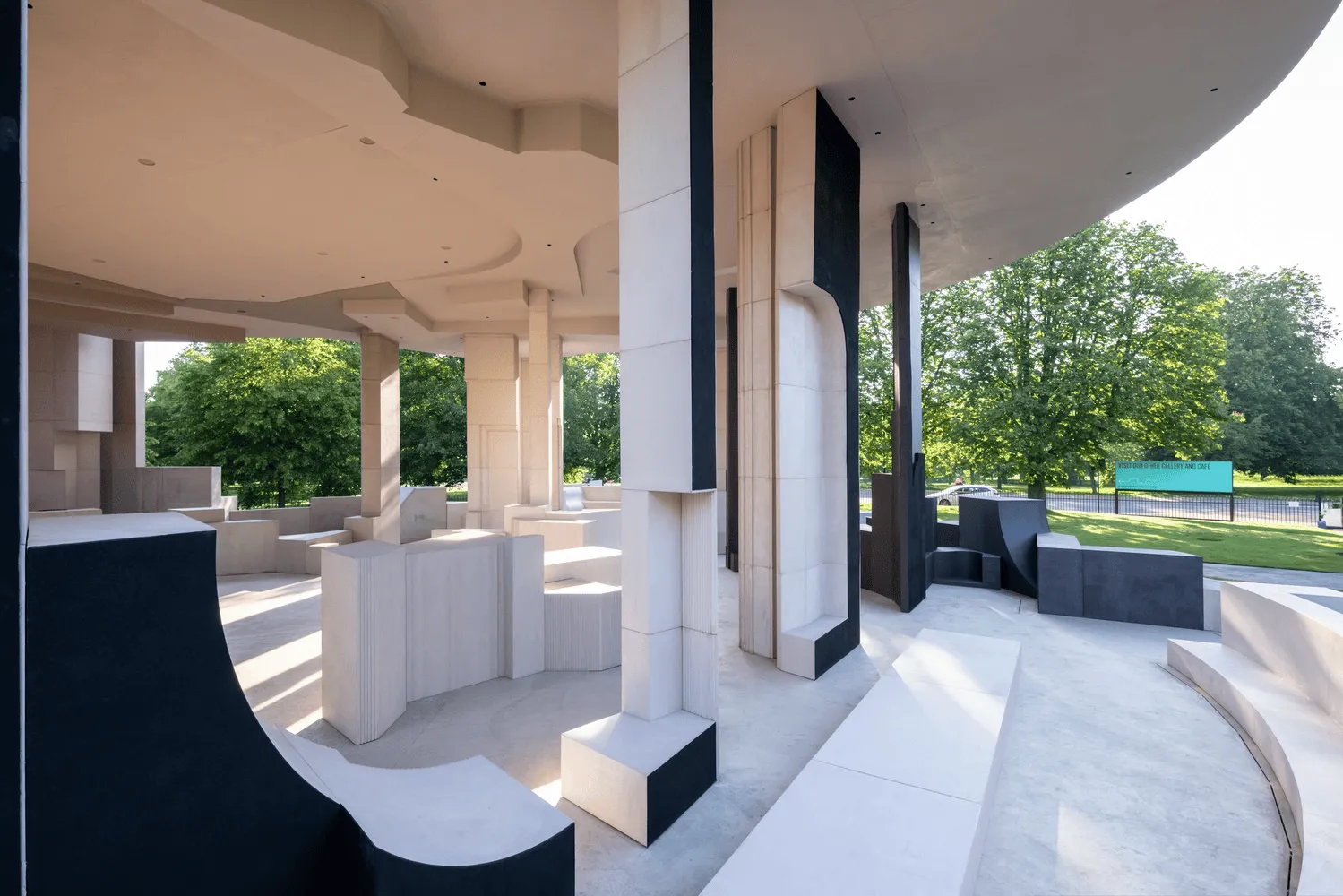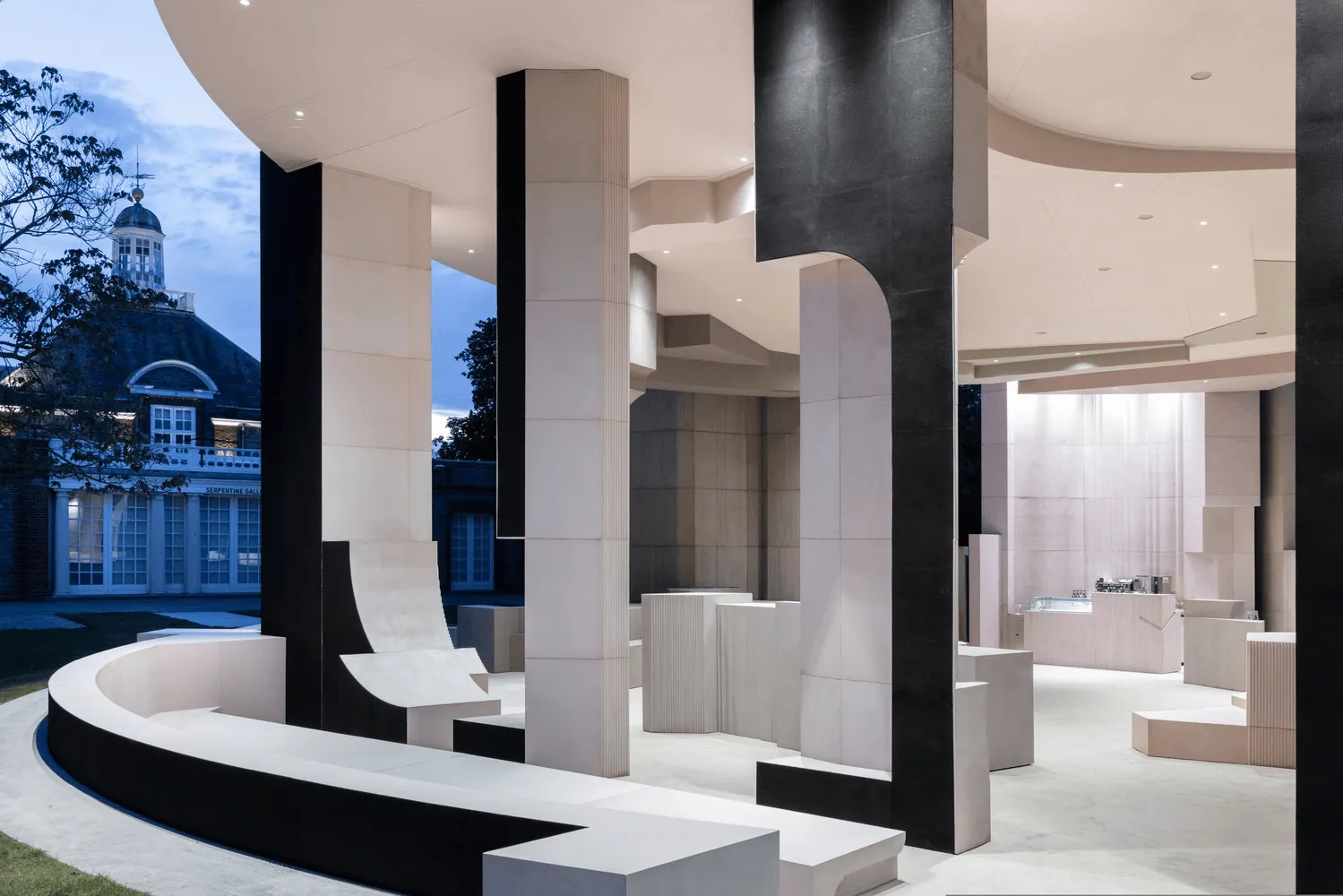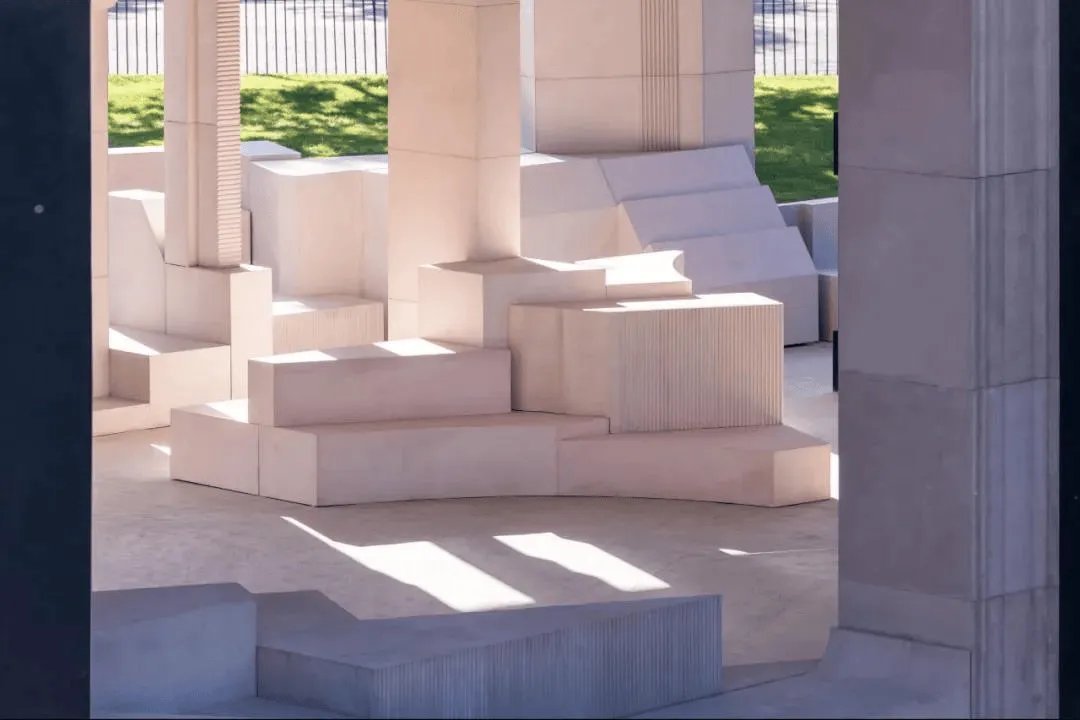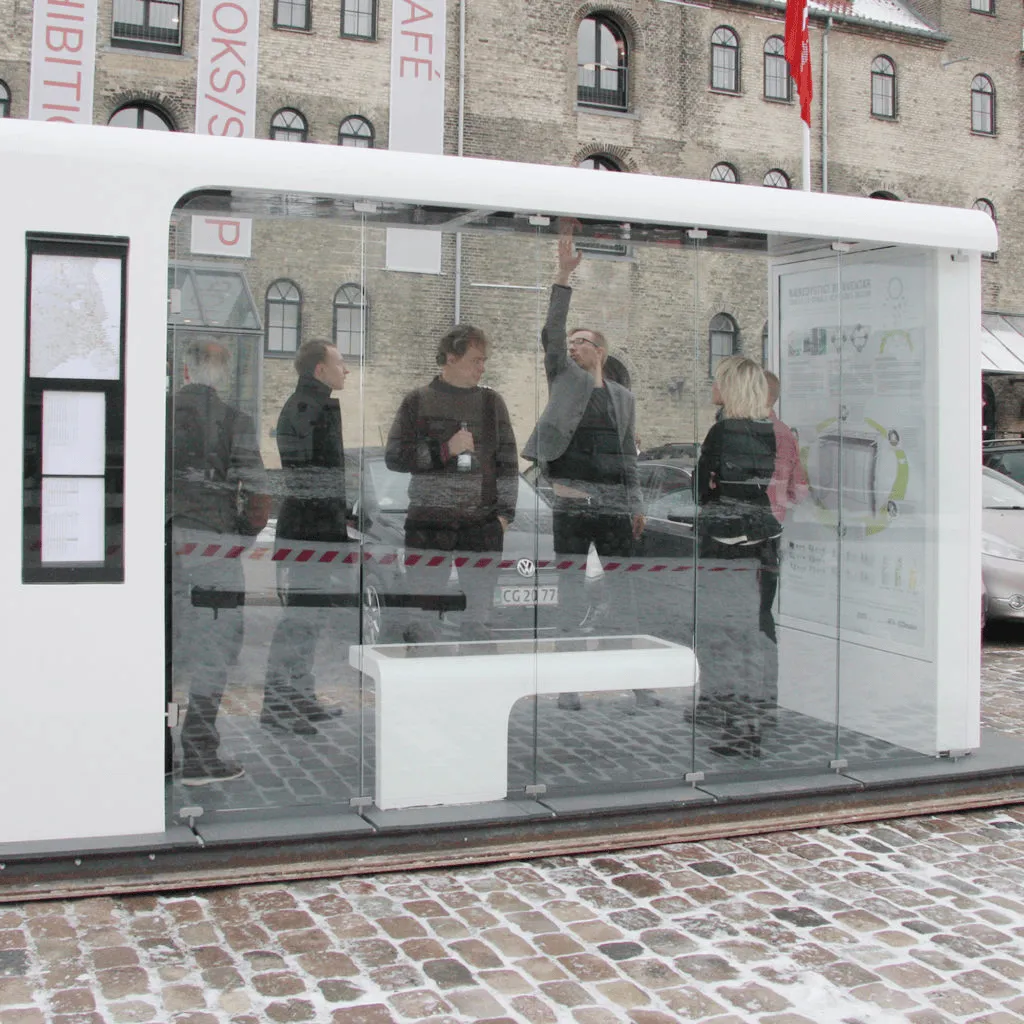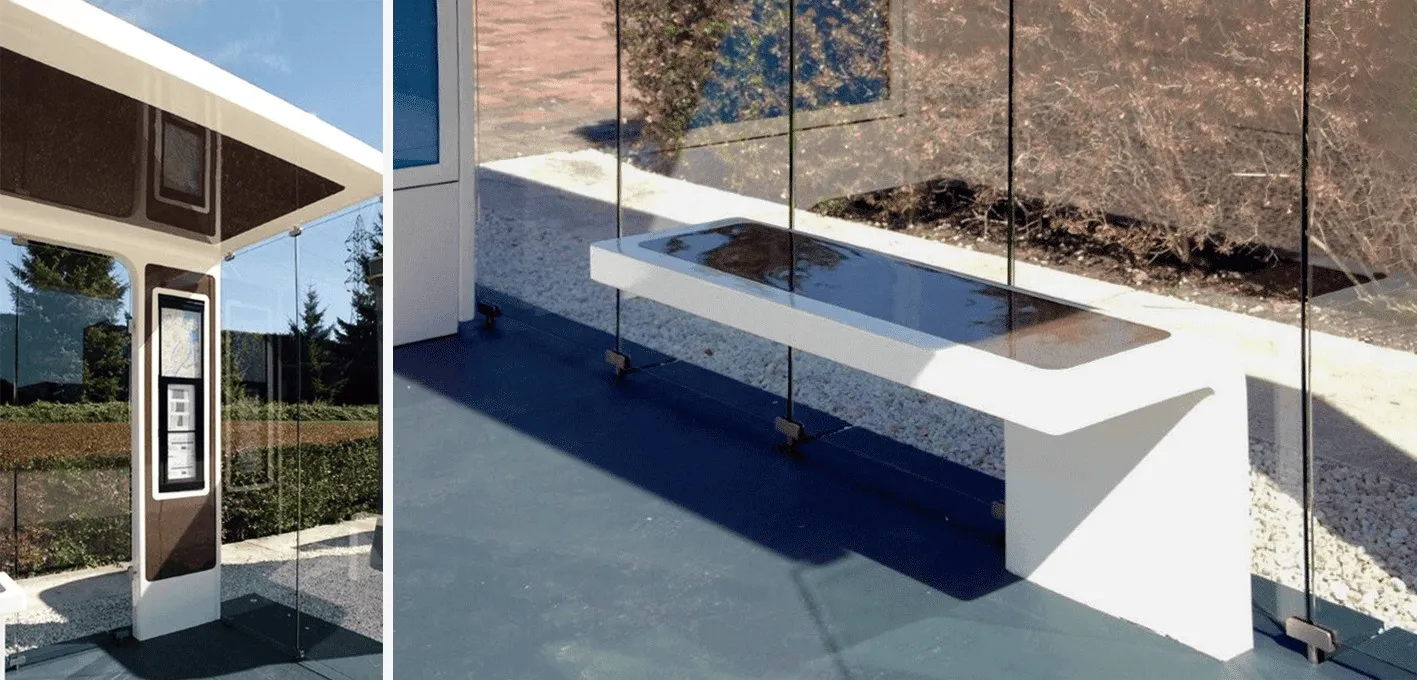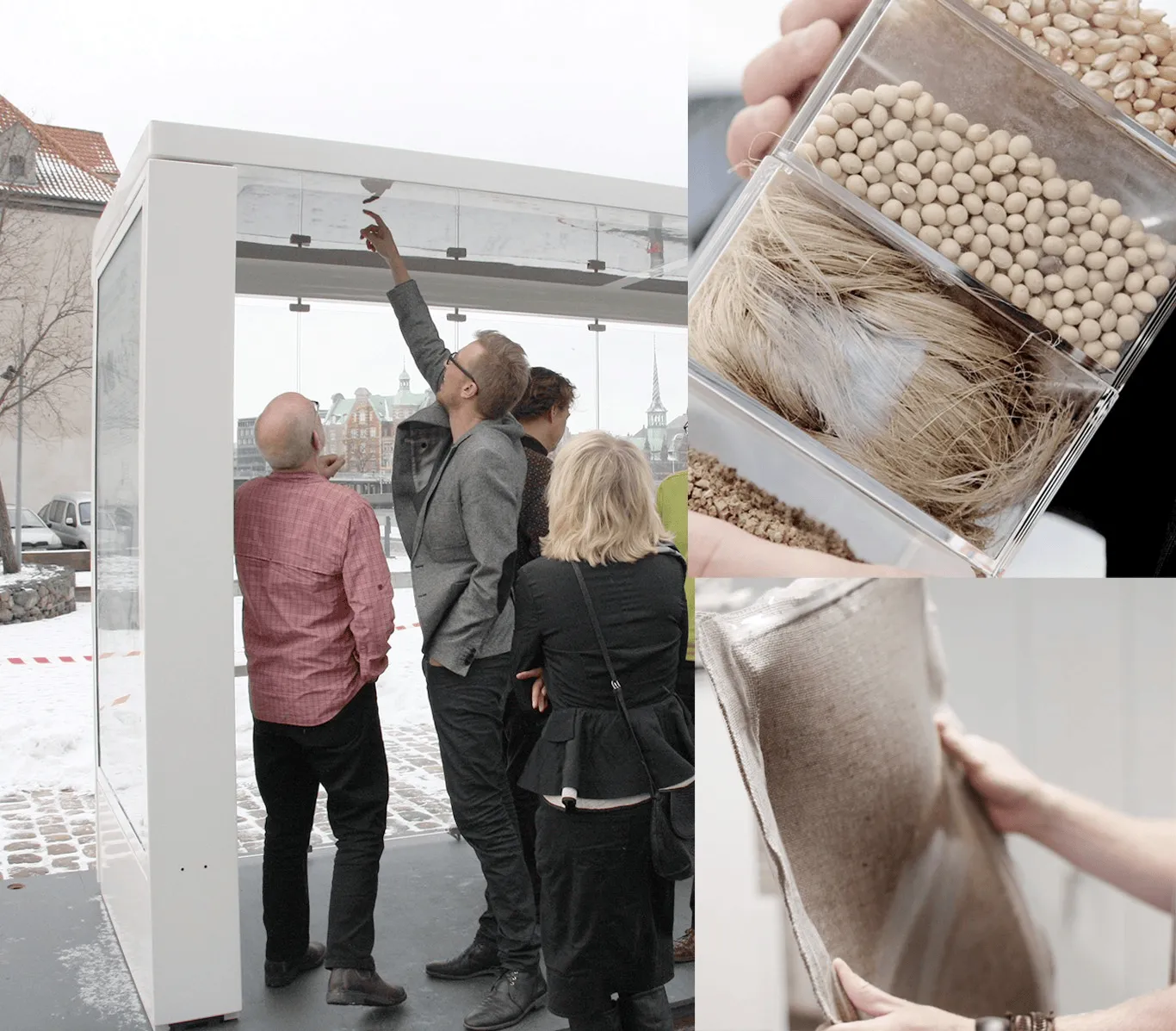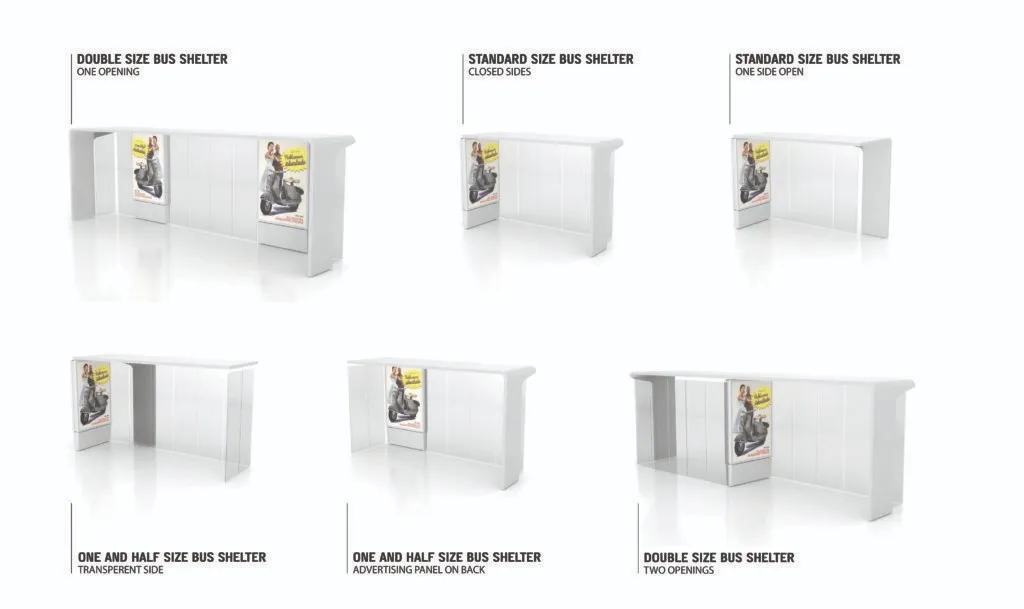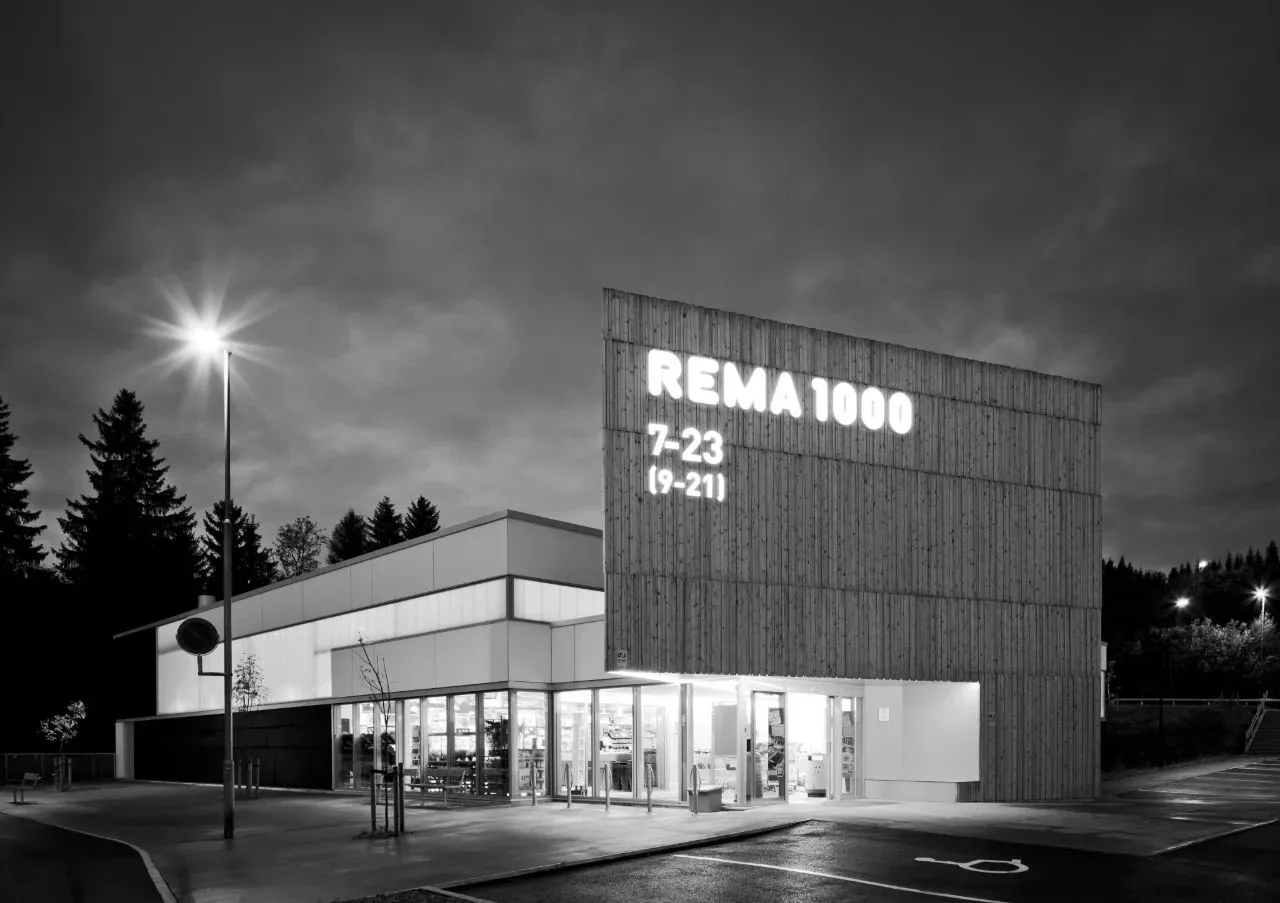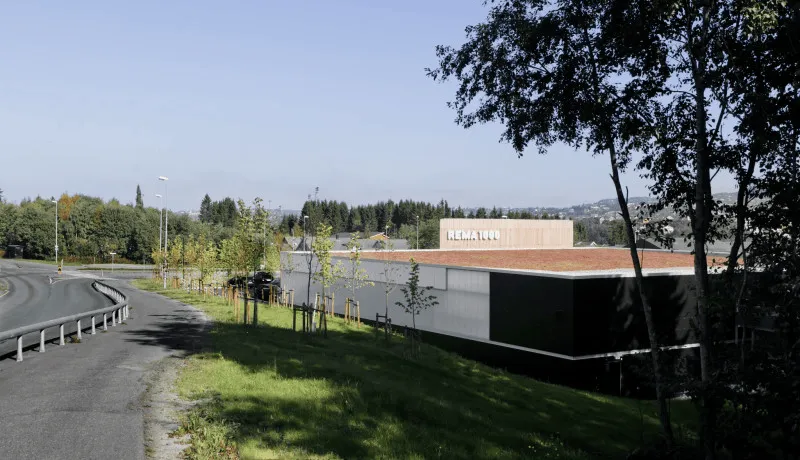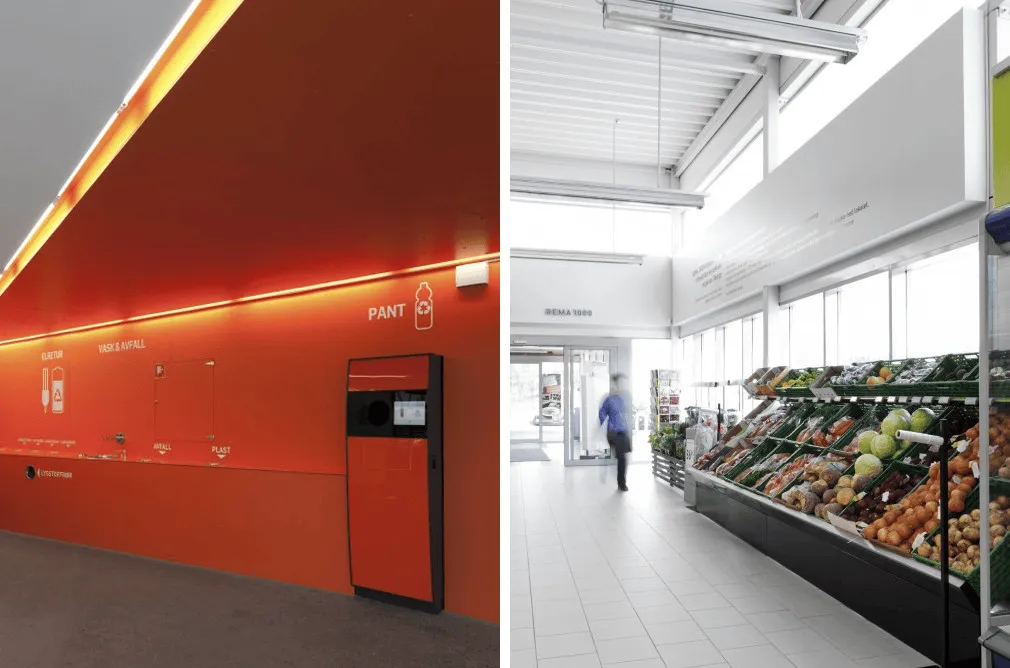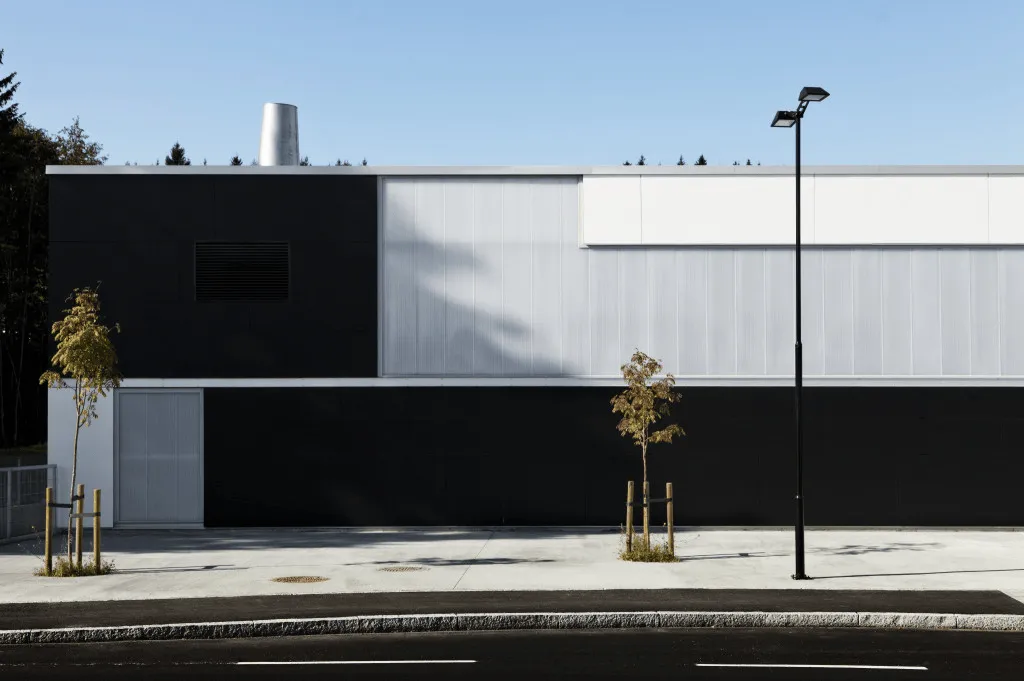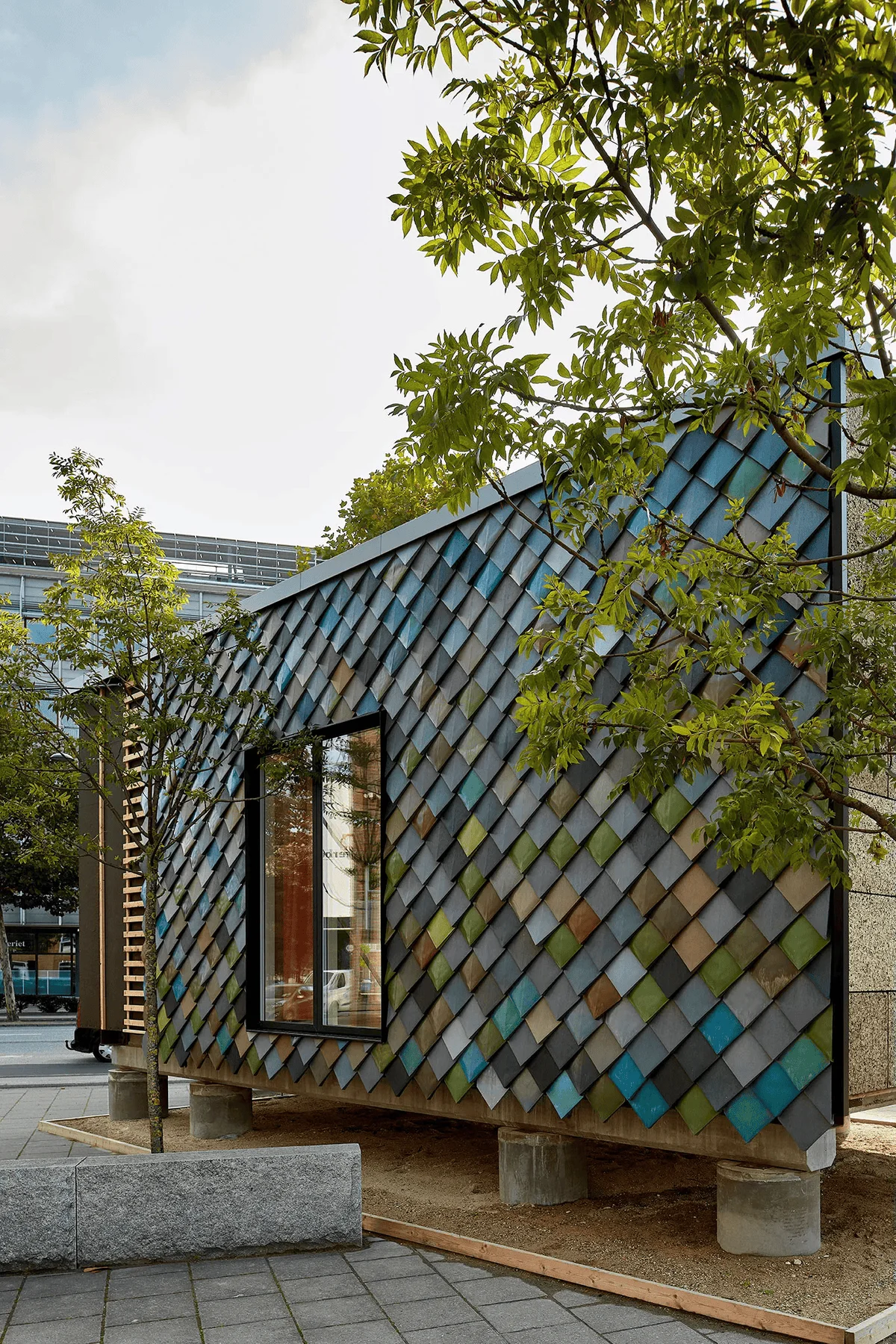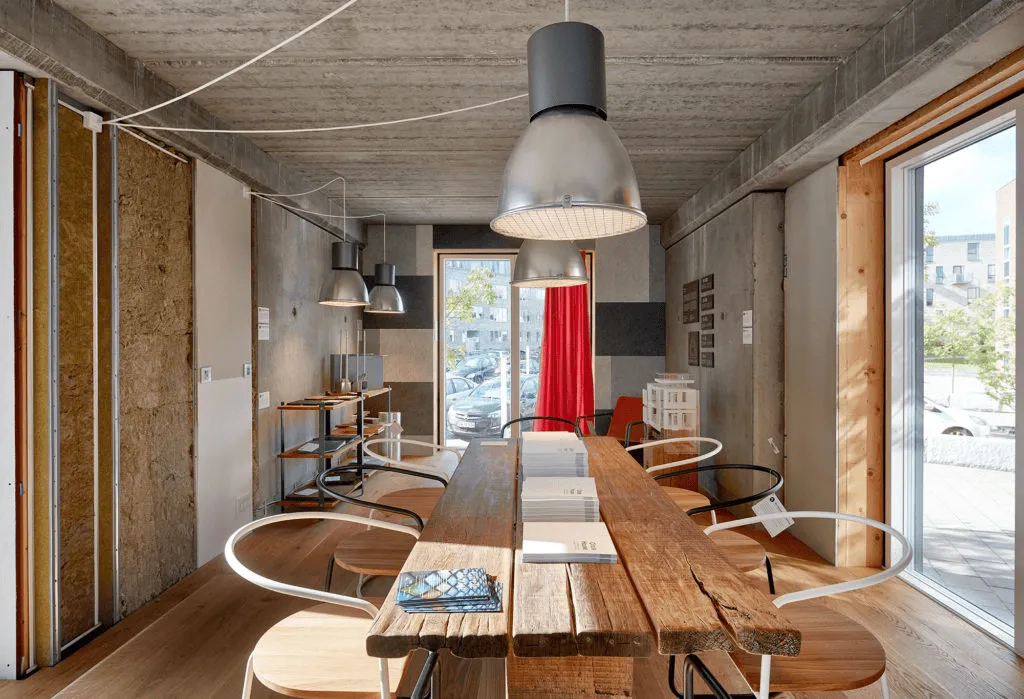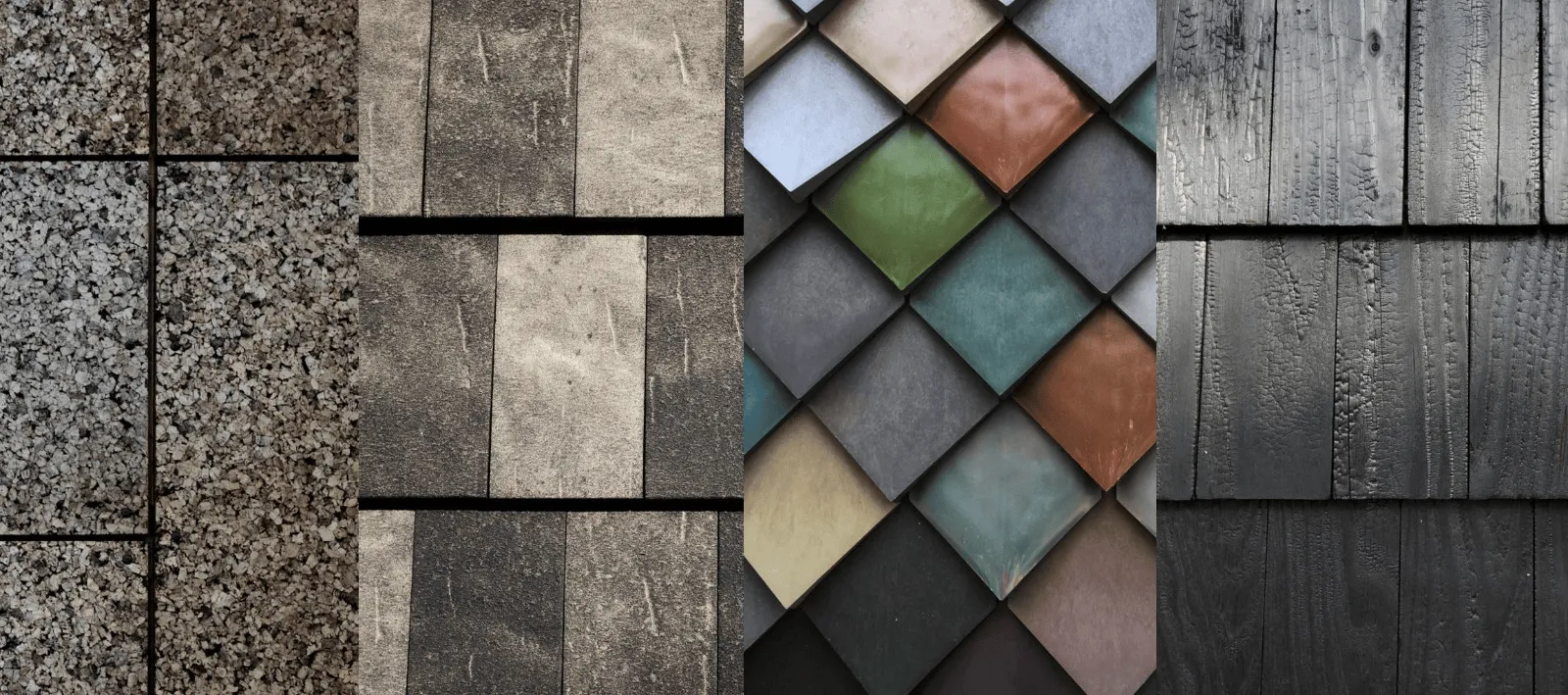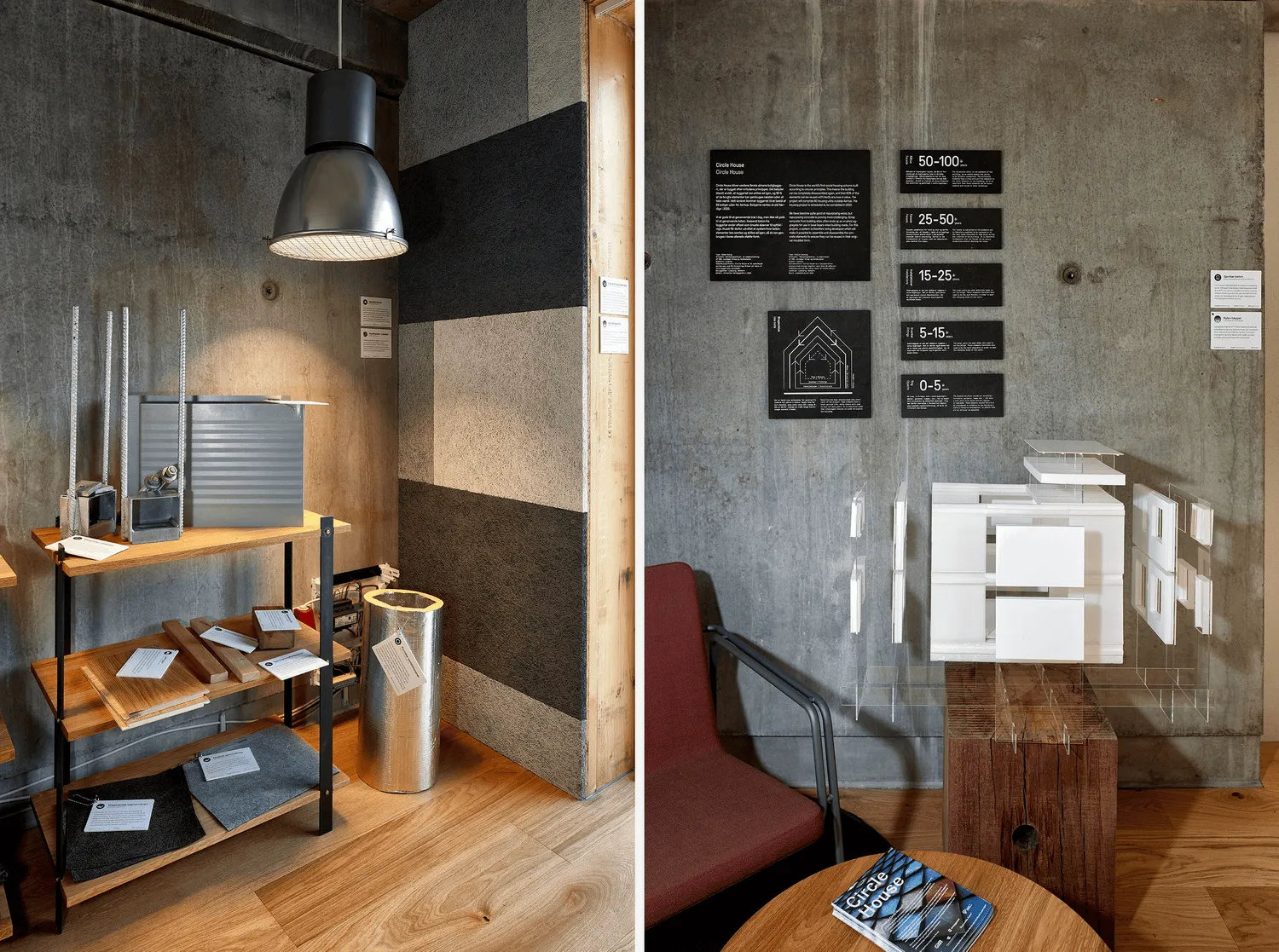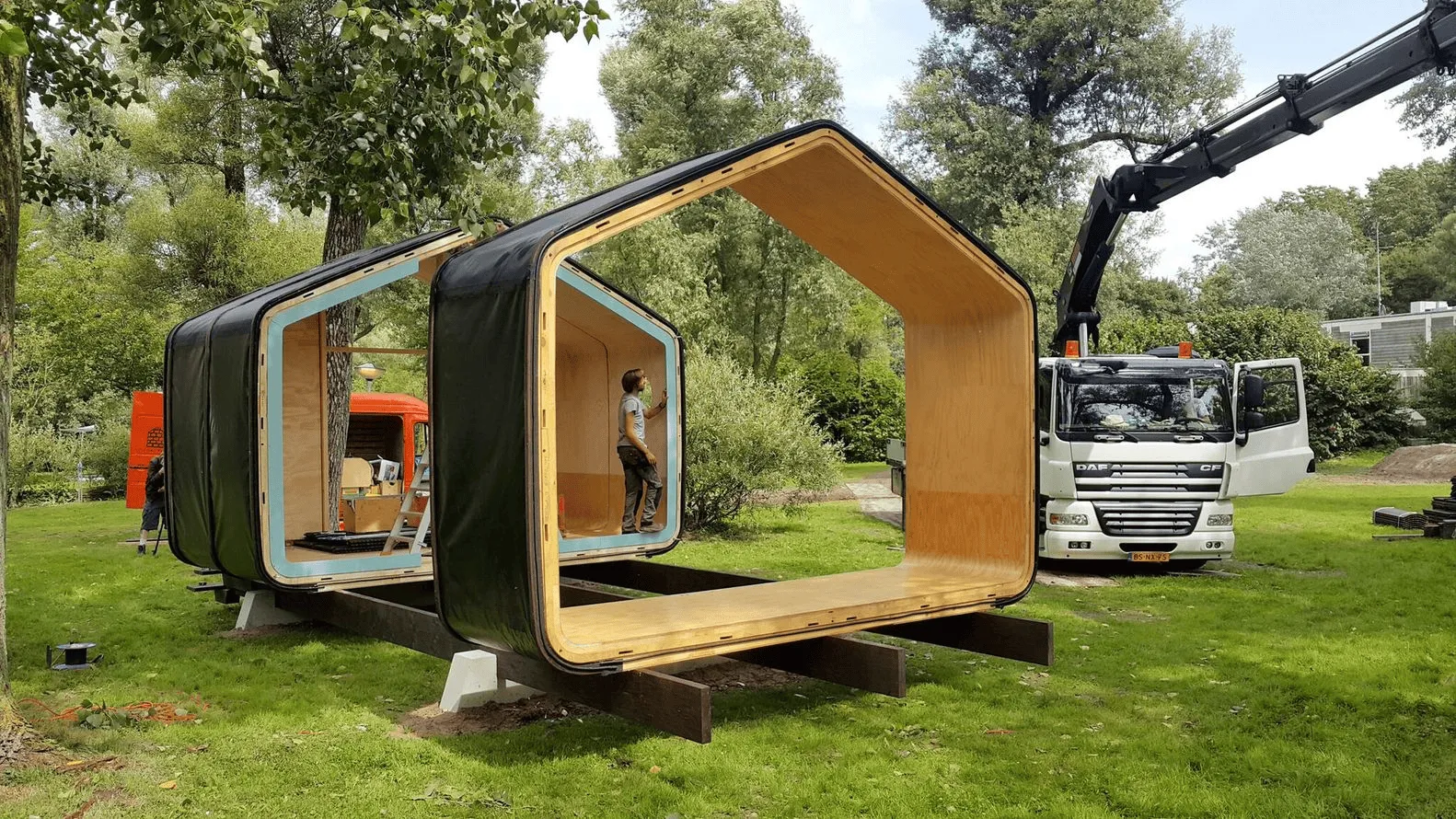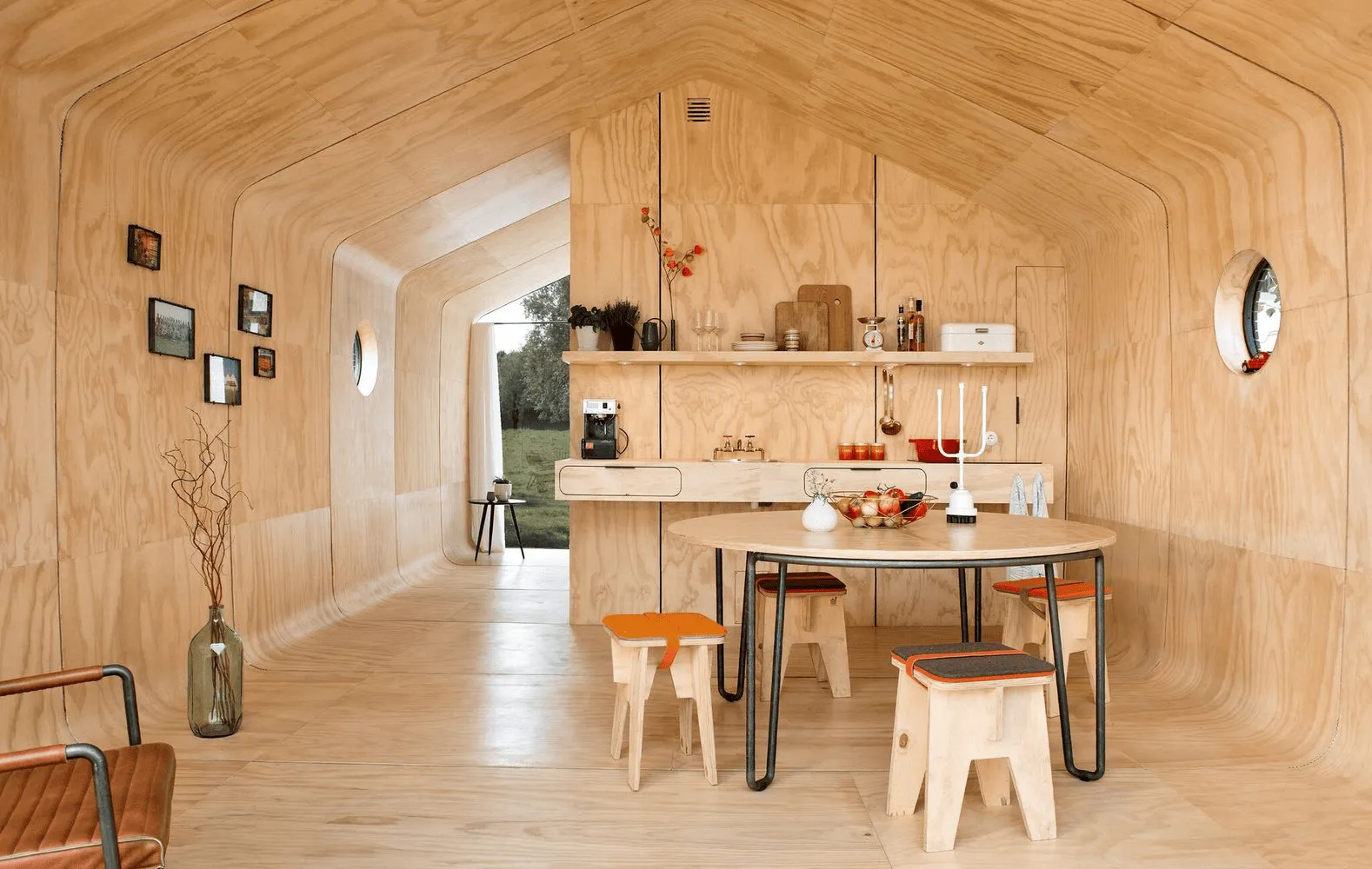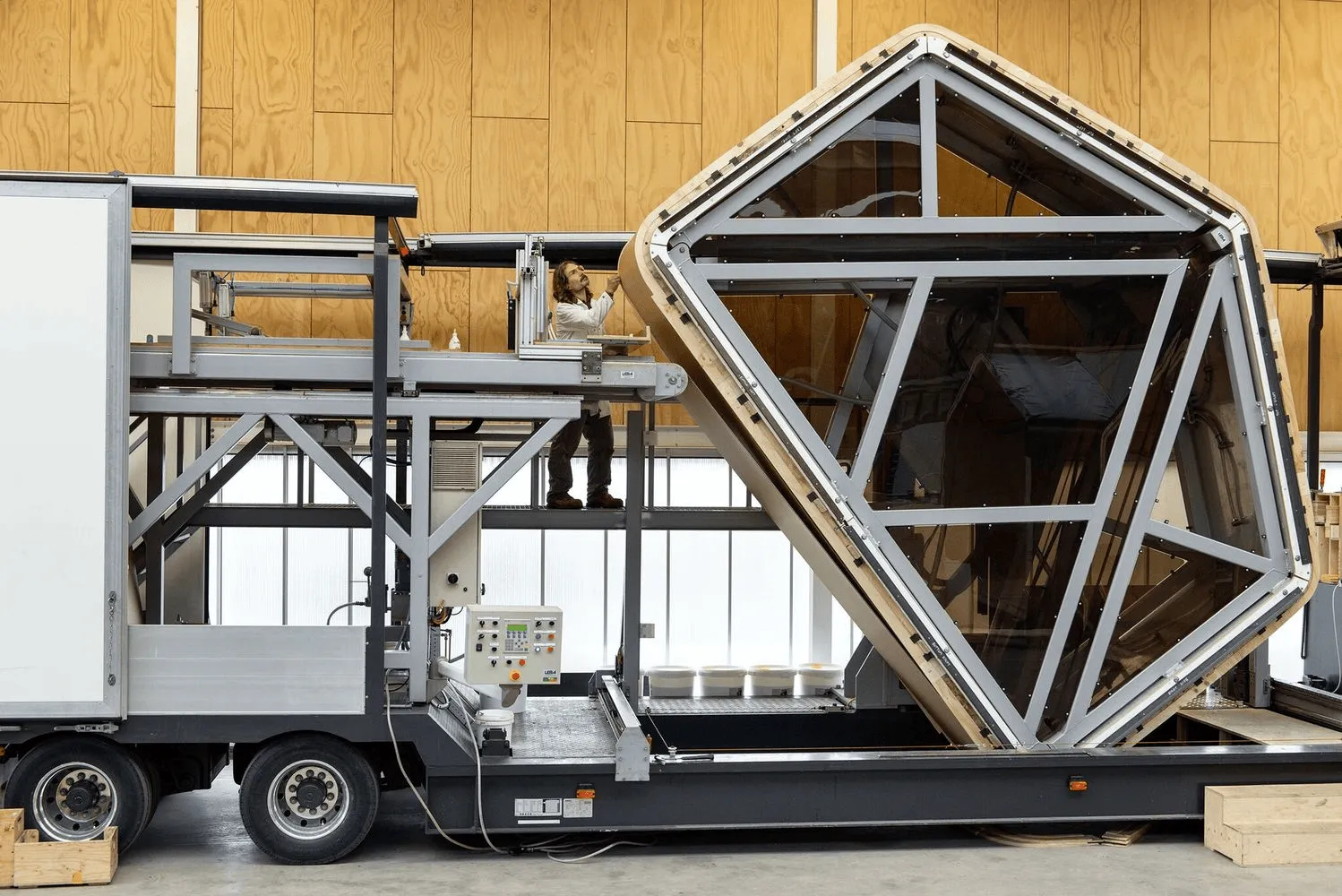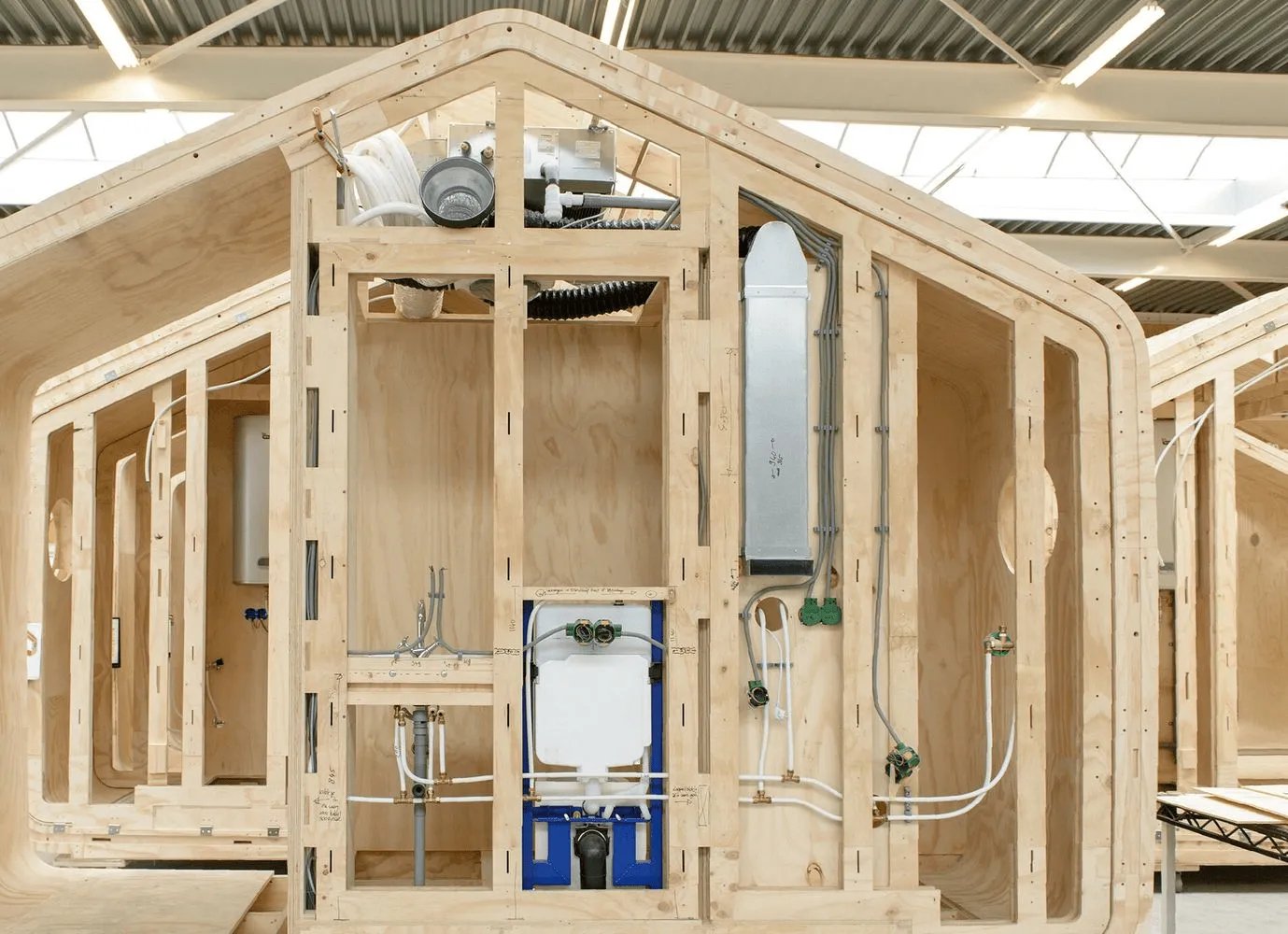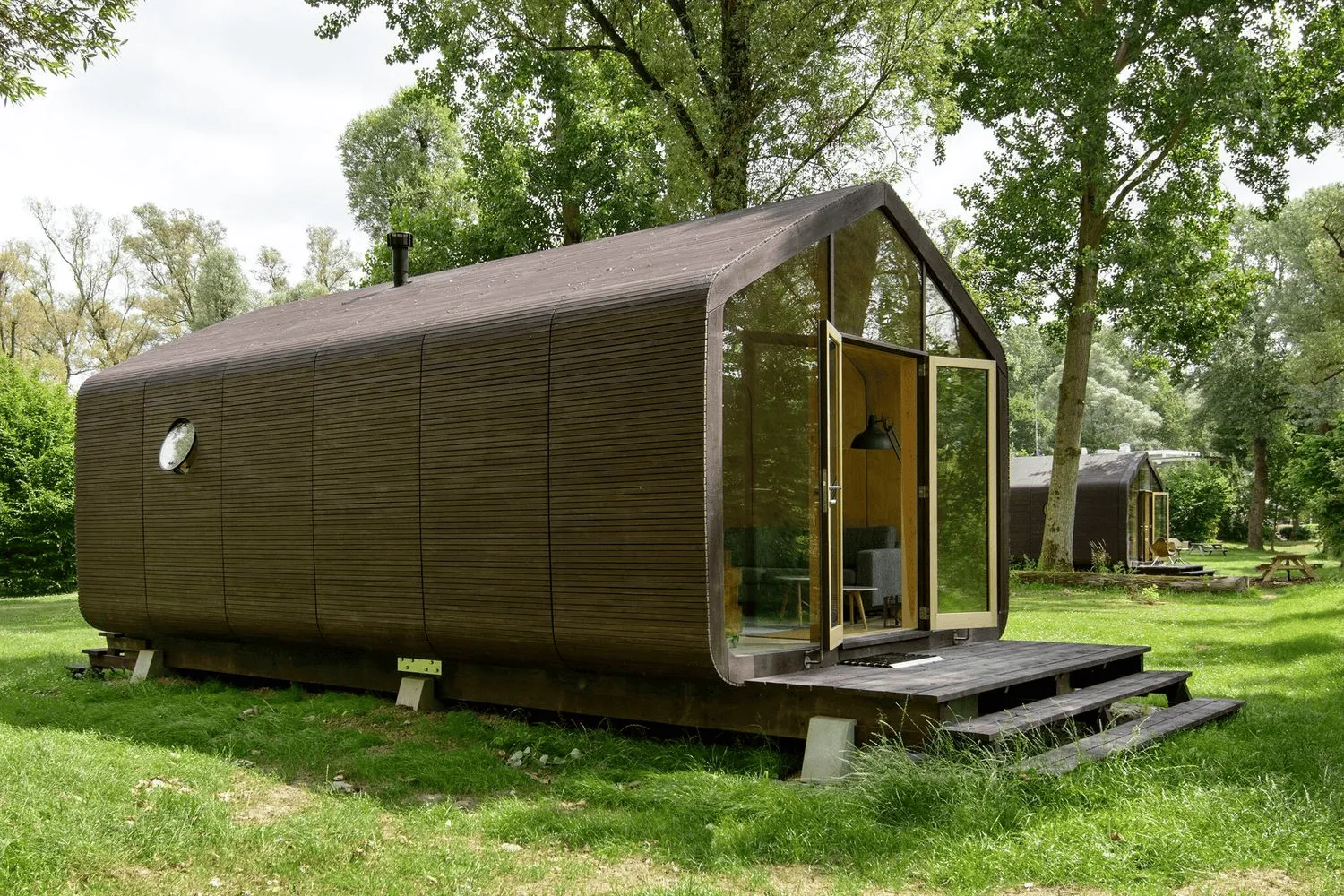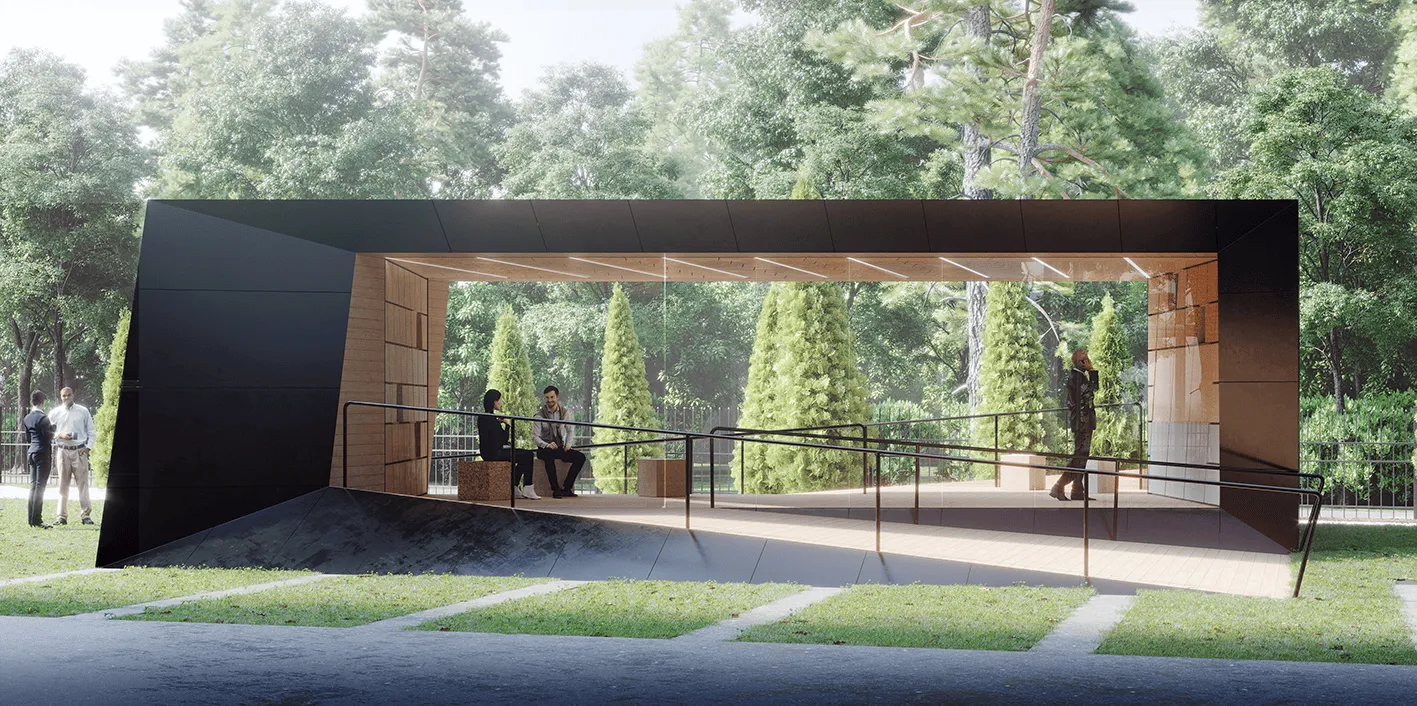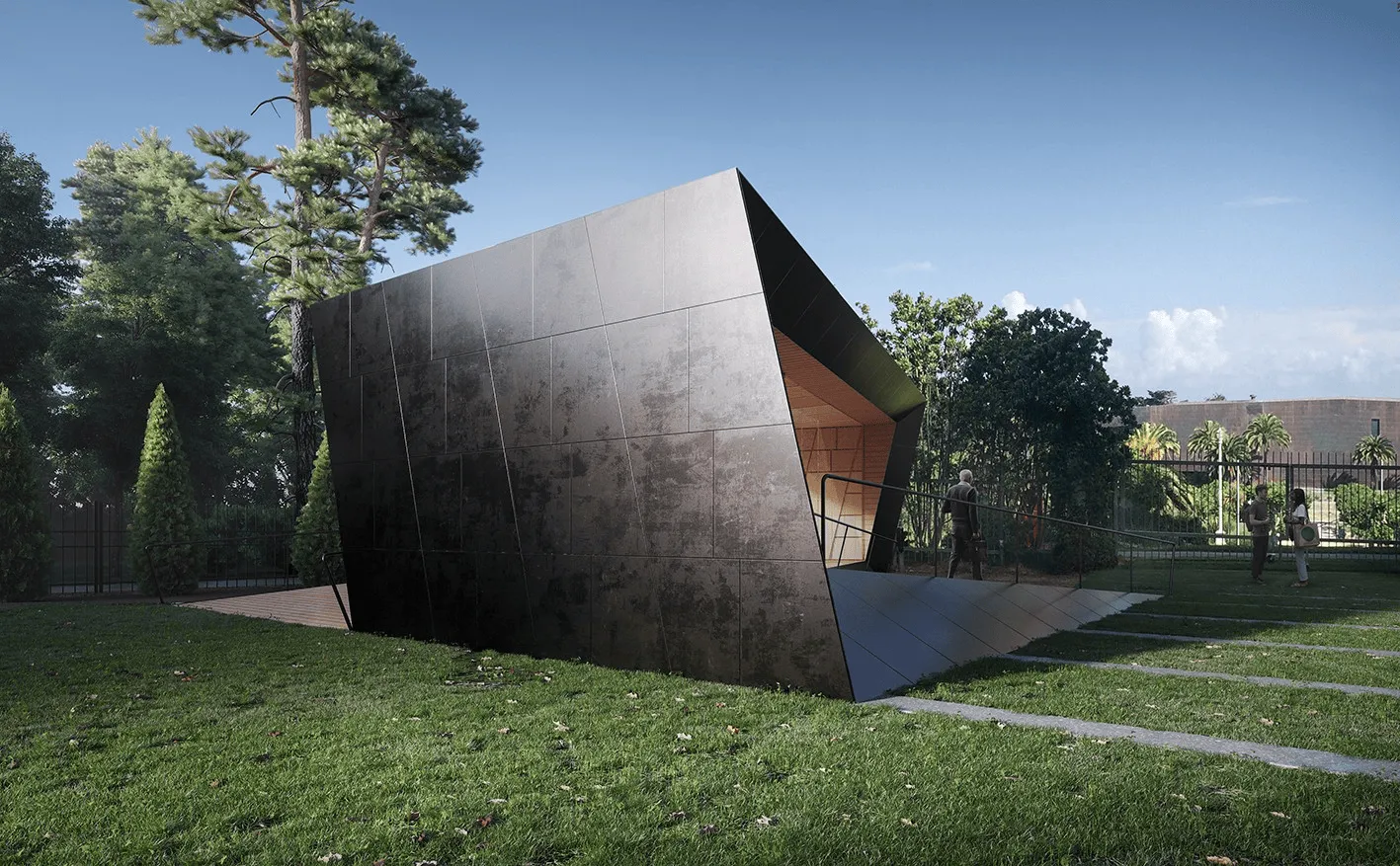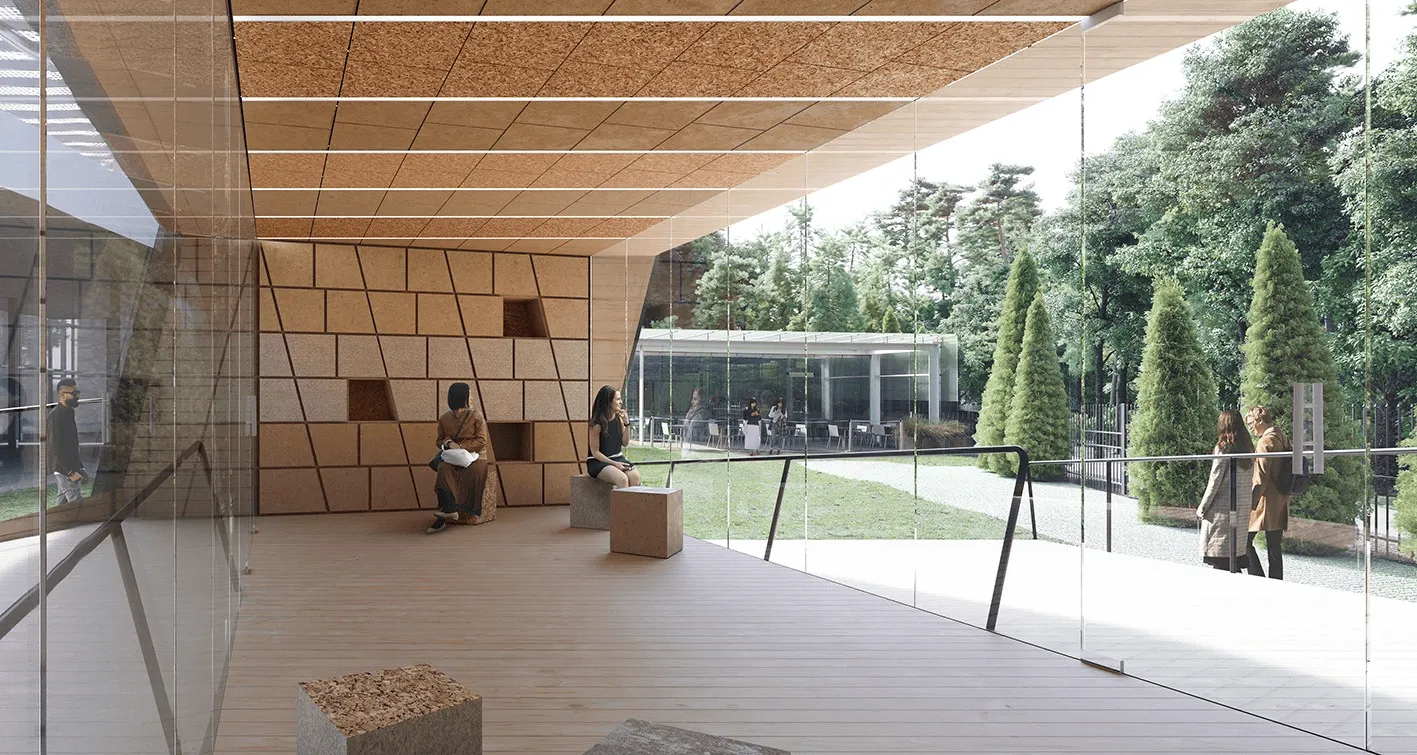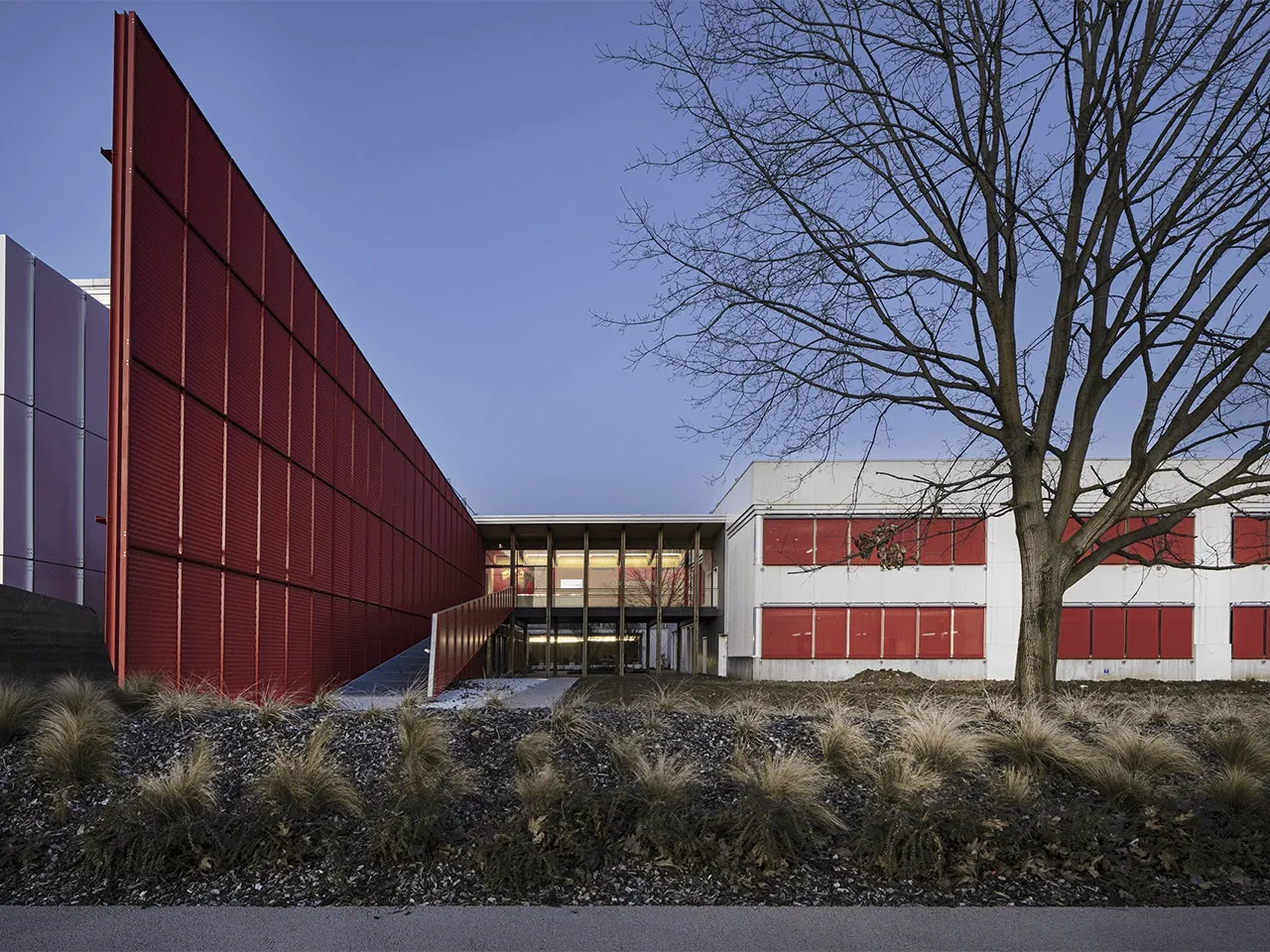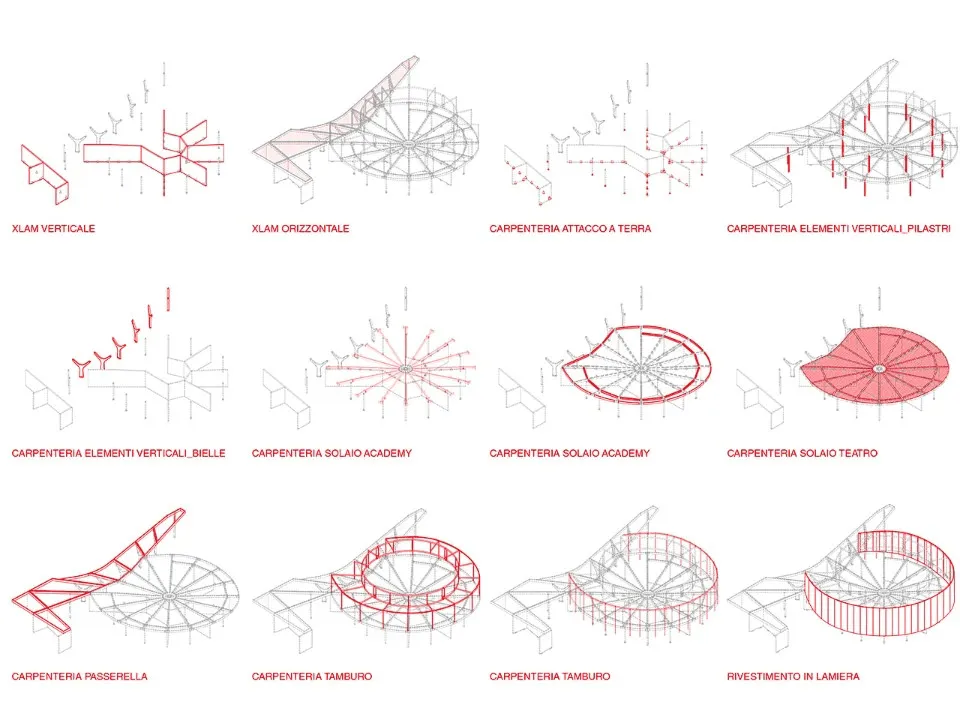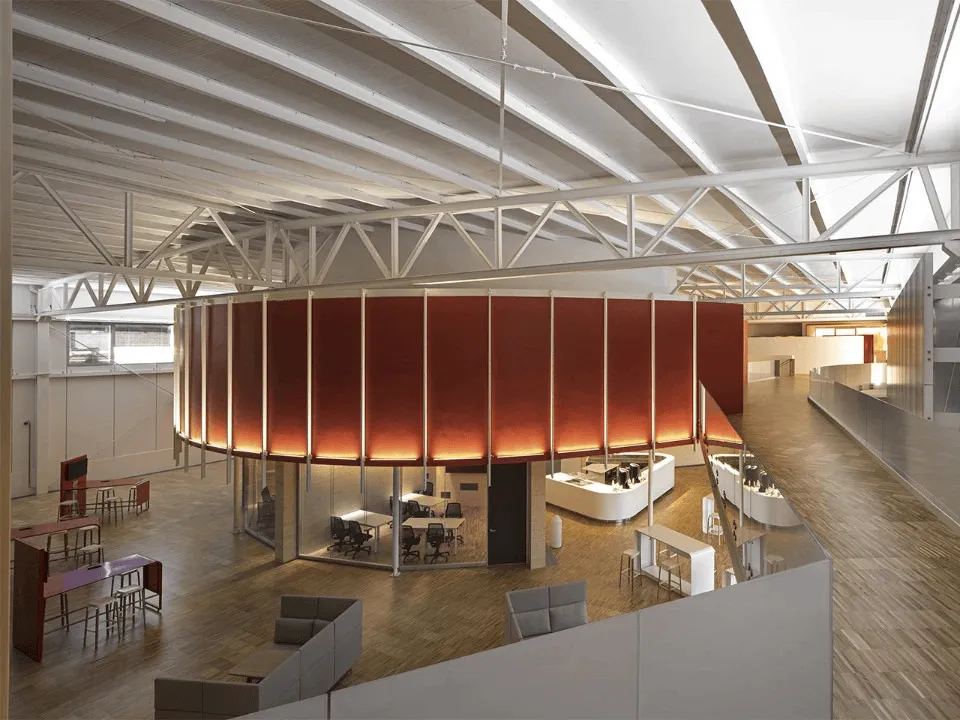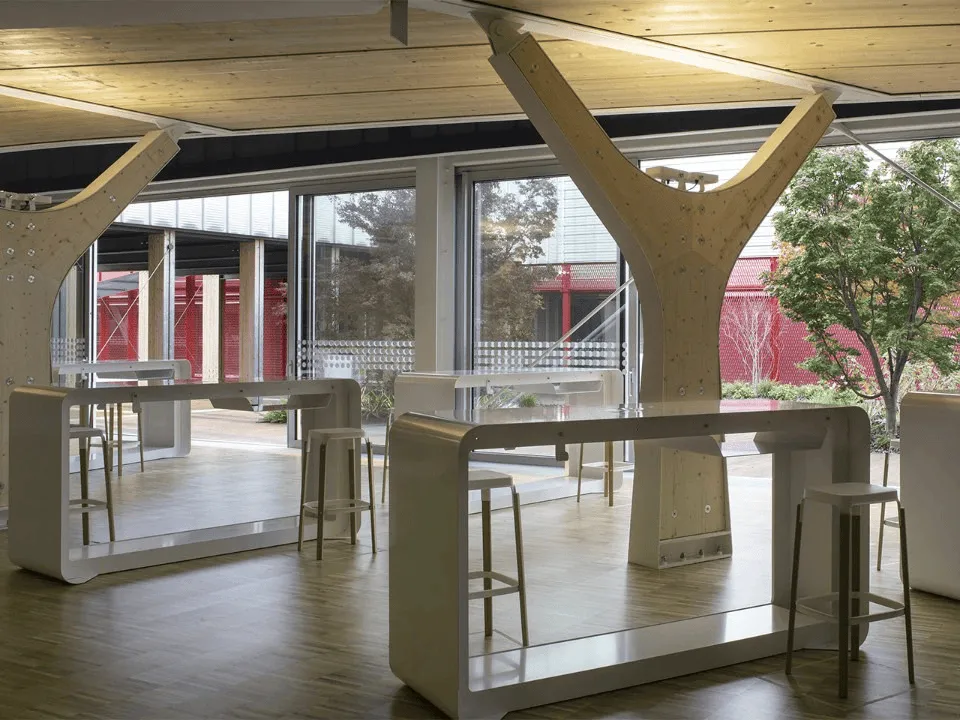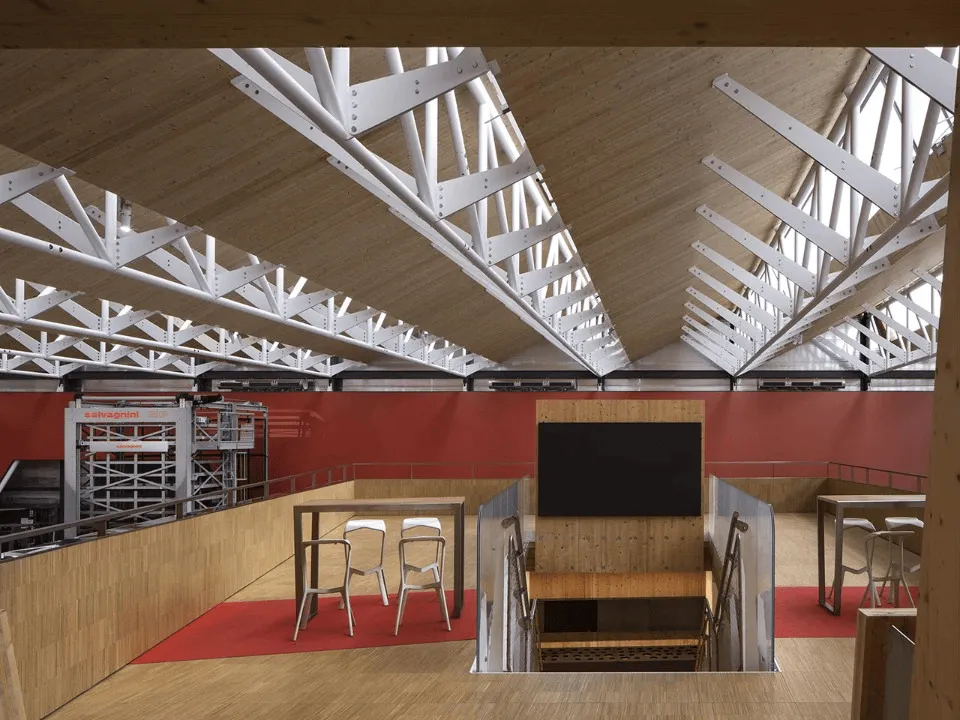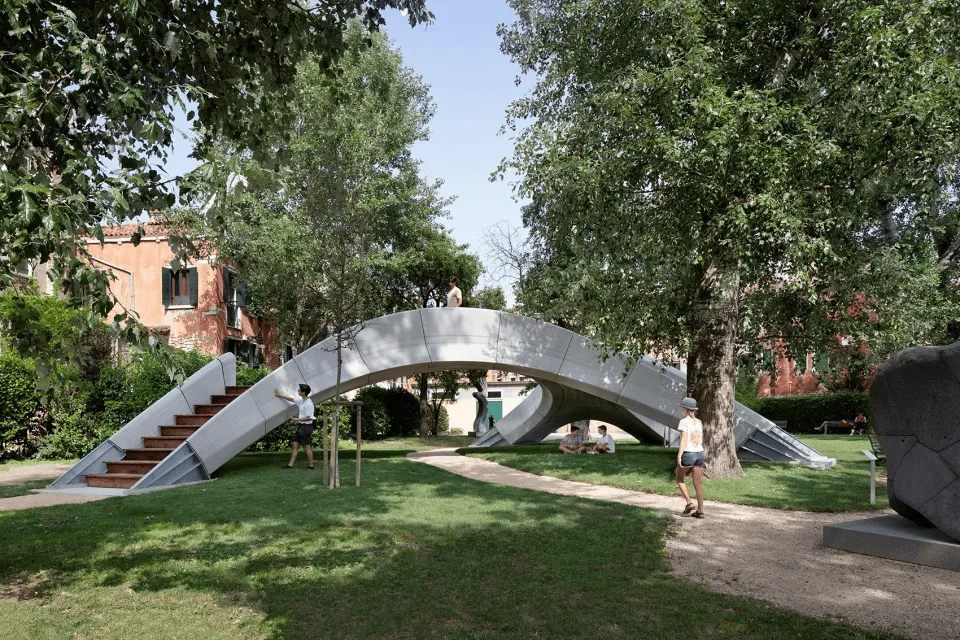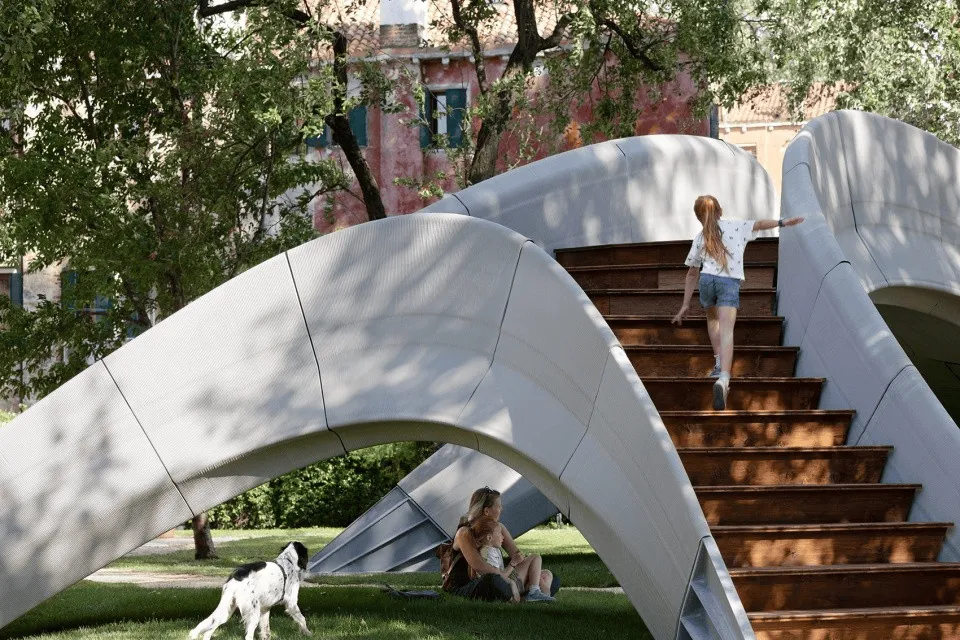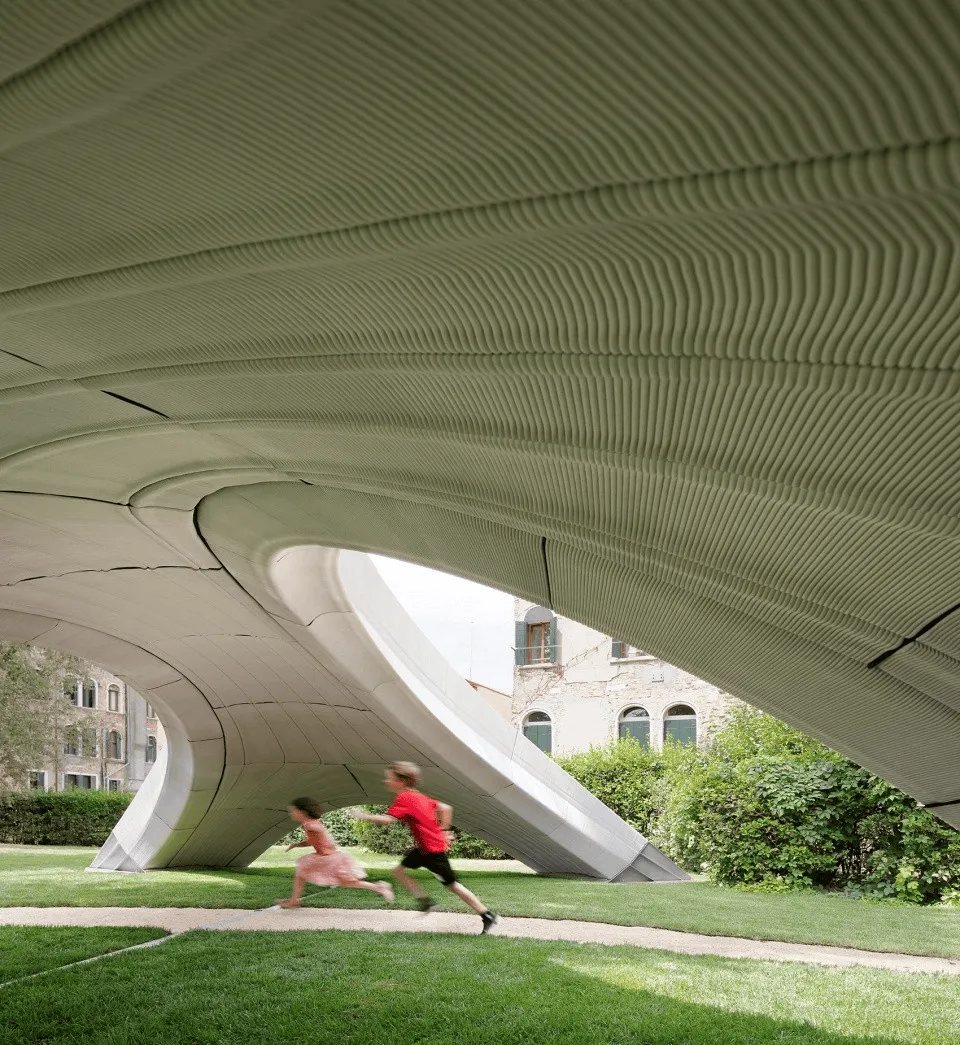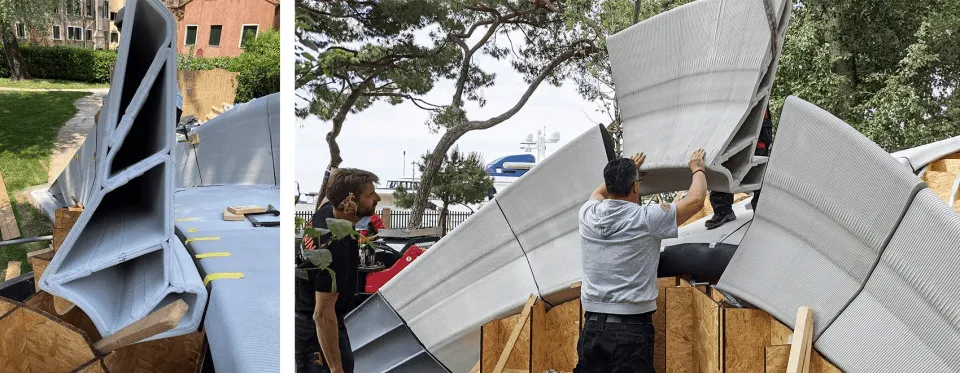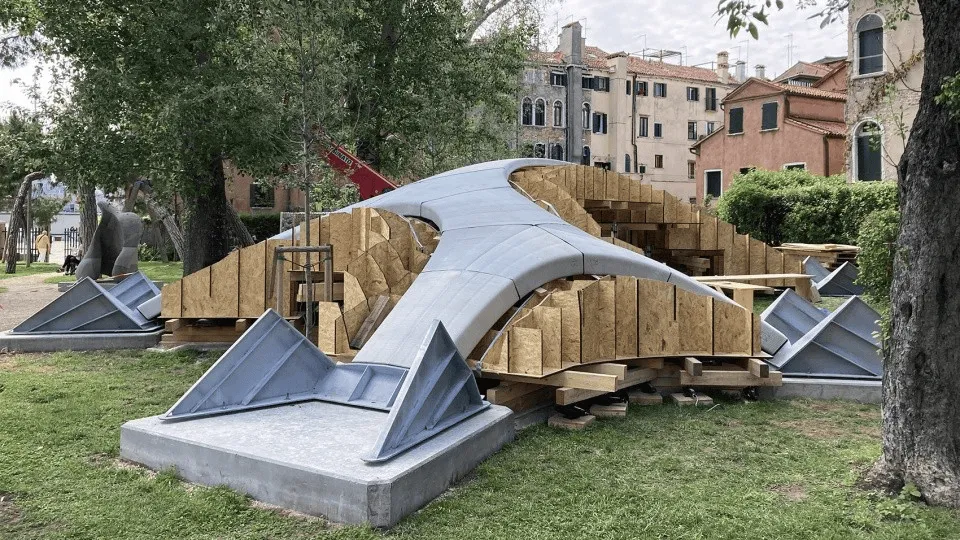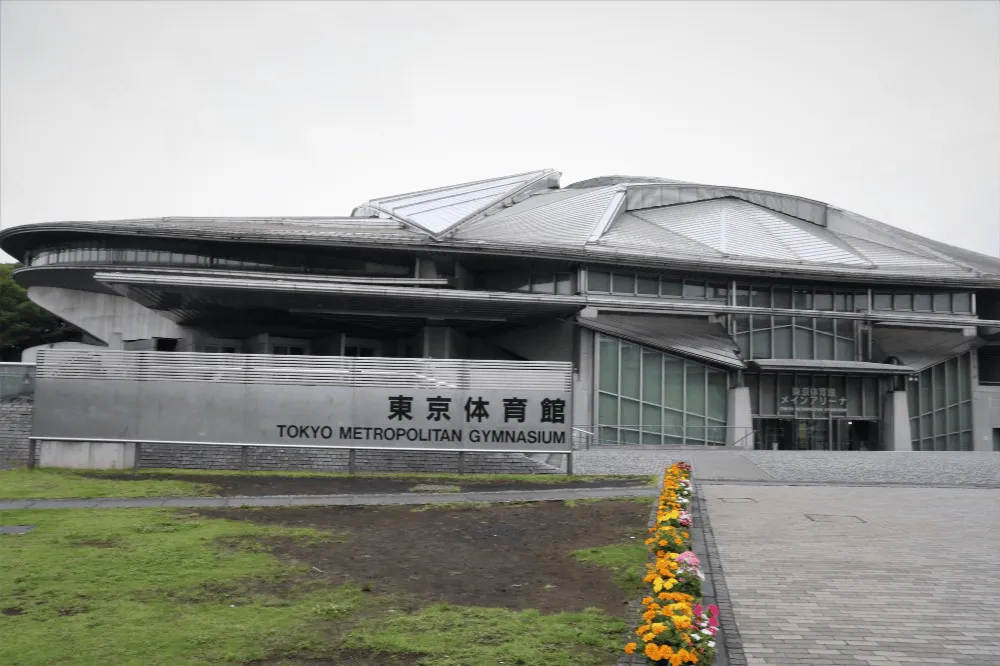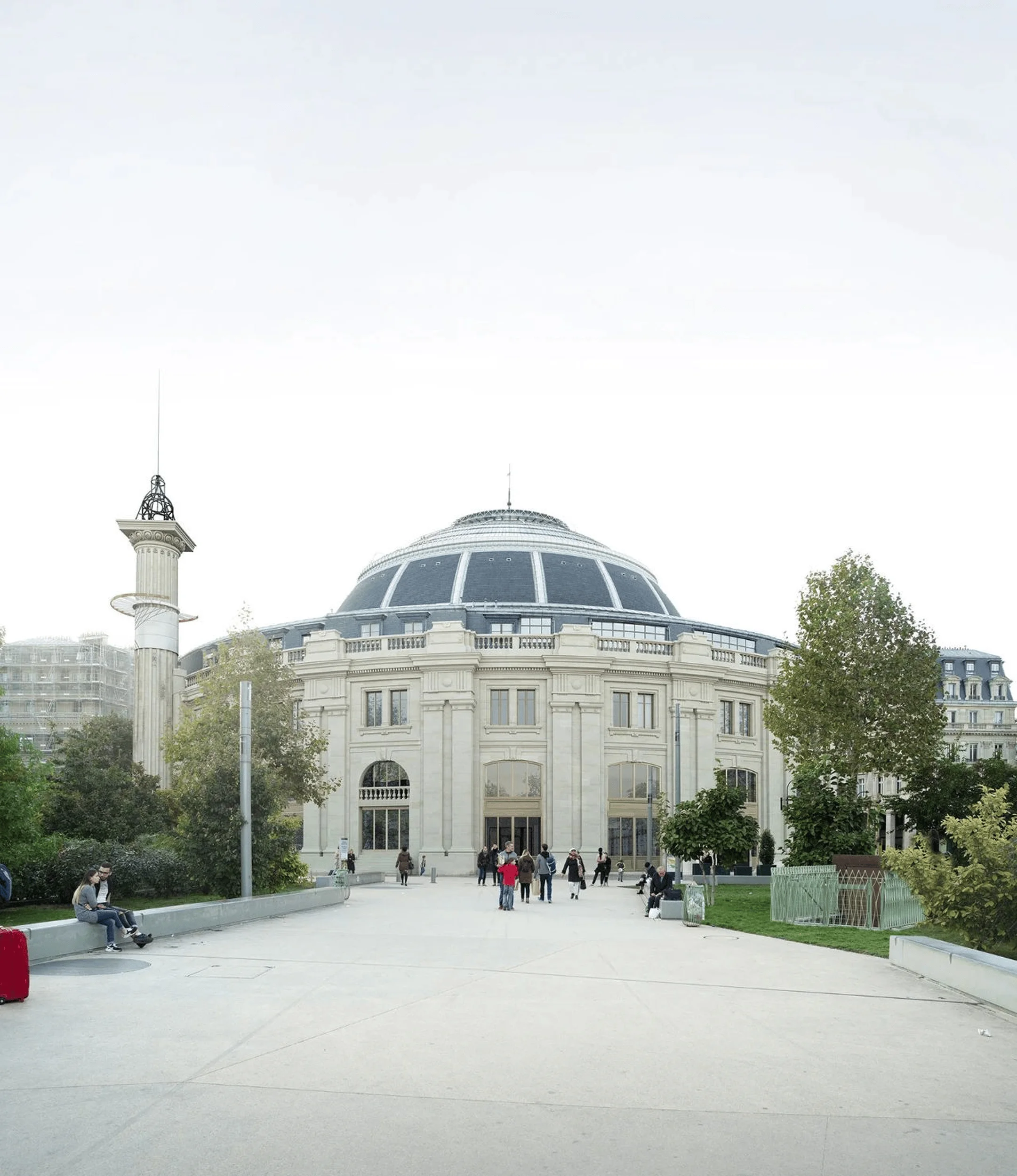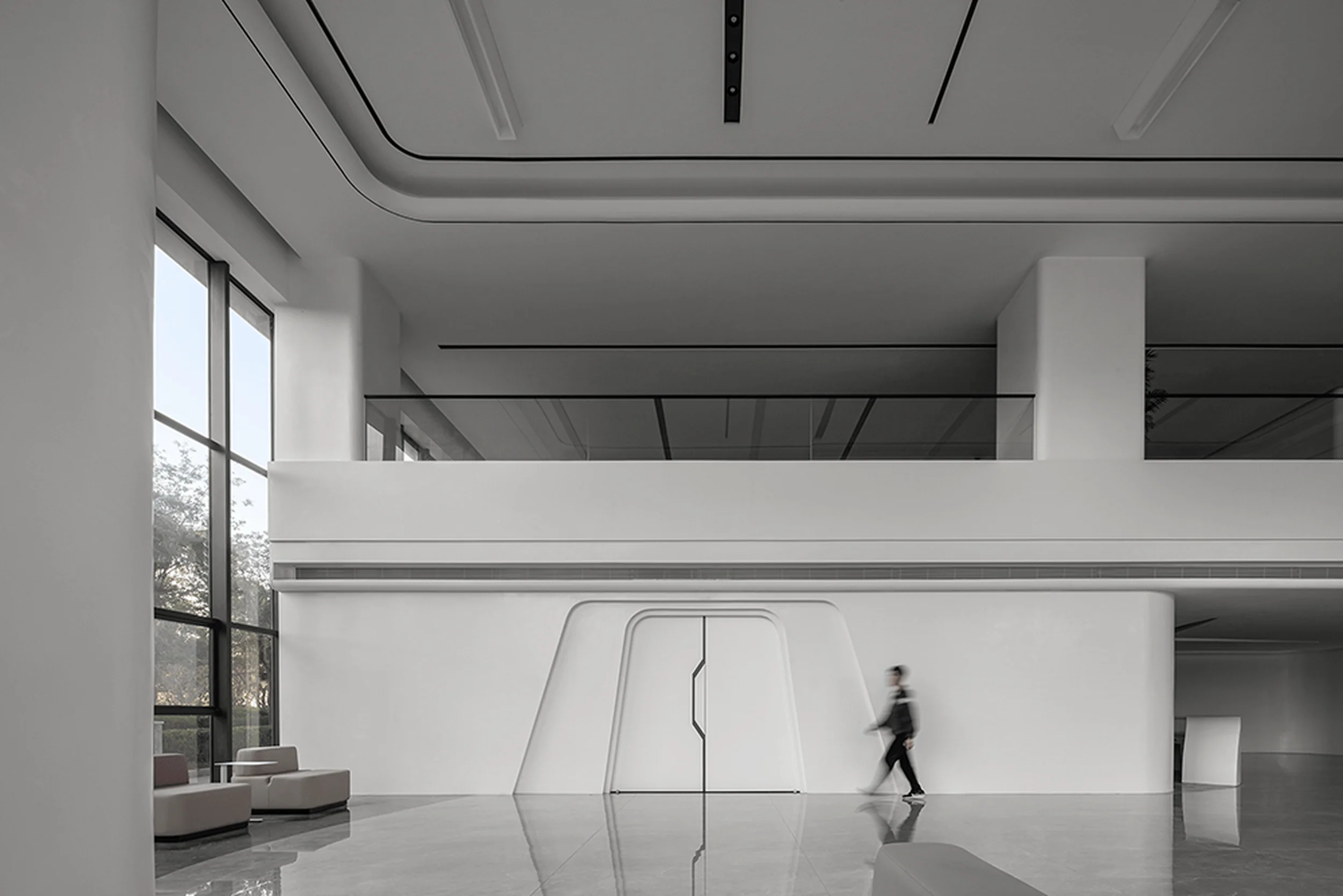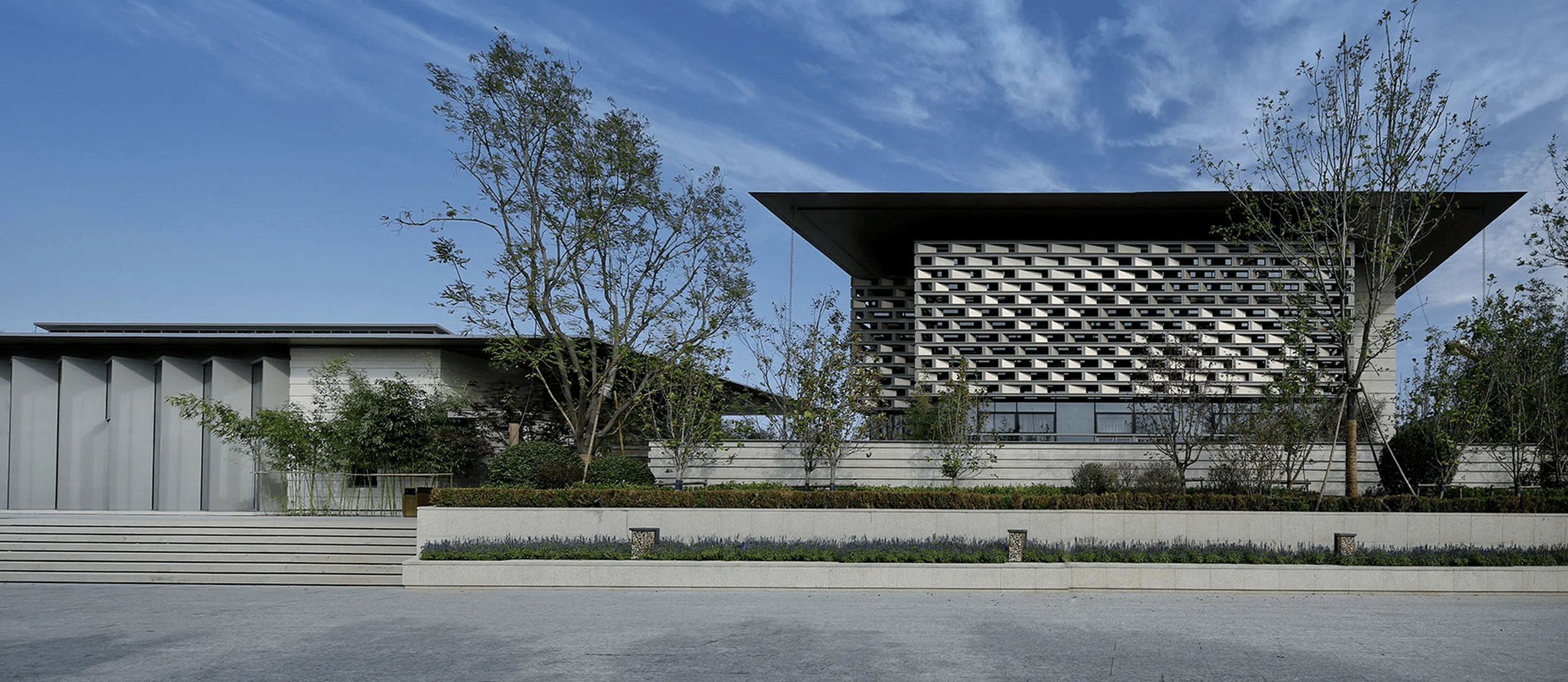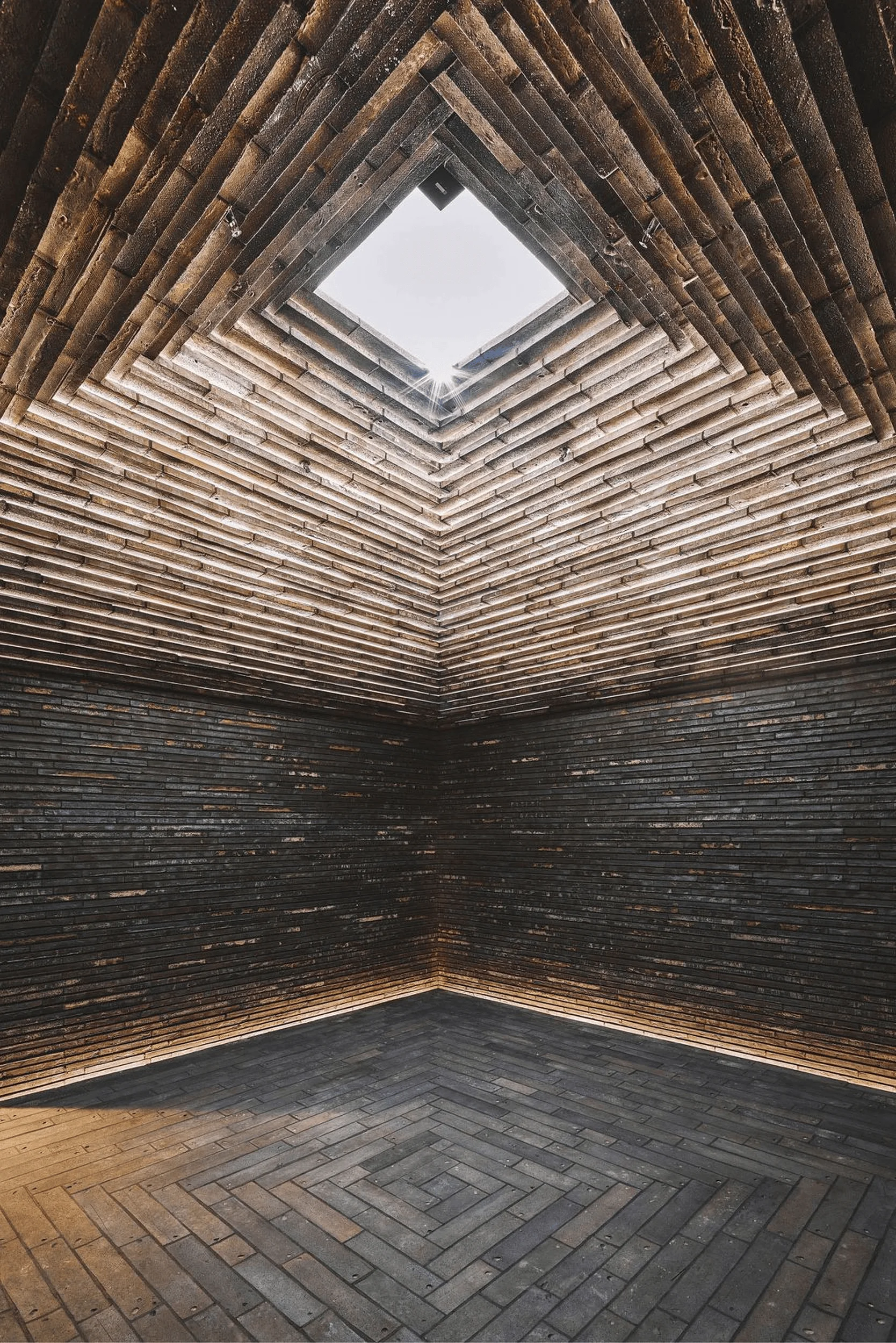Zaha Hadid Architects, renowned for their innovative and futuristic designs, have once again pushed the boundaries of sustainability with their Alis Meeting Pod. This high-performance urban ecological device, designed for the 2021 Venice Biennale, represents a new era in sustainable architecture. Alis embodies the concept of “small is big,” a guiding principle in sustainable architecture, where small-scale, innovative projects can collectively impact large-scale sustainability goals.
Alis combines architectural, engineering, and urbanistic design principles to create a low-carbon solution that optimizes energy and resource efficiency. Its modular design allows for easy disassembly, transportation, and reuse in various configurations. The pod’s construction utilizes advanced manufacturing techniques, including 3D printing and CAD/CAM technology, further contributing to its sustainable footprint.
Zaha Hadid Architects, in their design of Alis, have redefined the meaning of energy efficiency within the built environment. This project serves as a model for future sustainable architecture, demonstrating the potential for innovative design to address climate change and create healthier living spaces.
The Alis Meeting Pod exemplifies the growing trend of incorporating sustainable design principles into even small-scale projects. By focusing on modularity, energy efficiency, and advanced manufacturing techniques, Alis showcases the potential of “small is big” in shaping a more sustainable future. It’s a testament to the transformative power of design innovation in addressing global challenges.
Project Information:
Alis Meeting Pod was designed by Zaha Hadid Architects for the 2021 Venice Biennale. It showcases a modular, energy-efficient, and 3D printed design approach to sustainable architecture. The project is a prototype for future sustainable living spaces, focusing on energy efficiency, resource optimization, and the use of advanced manufacturing techniques.


